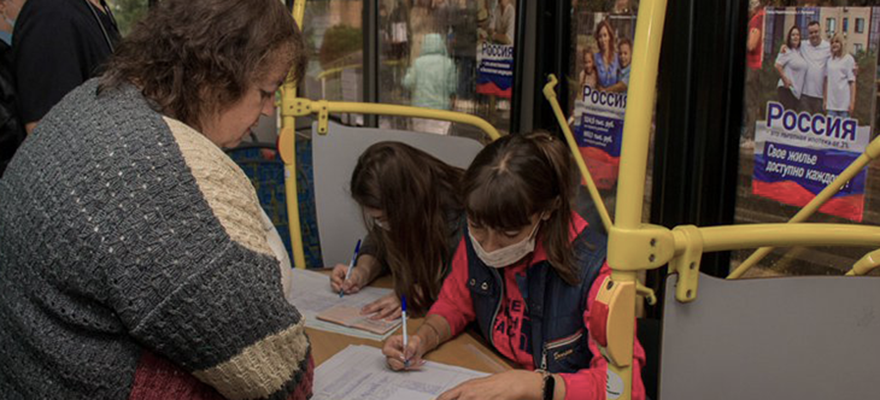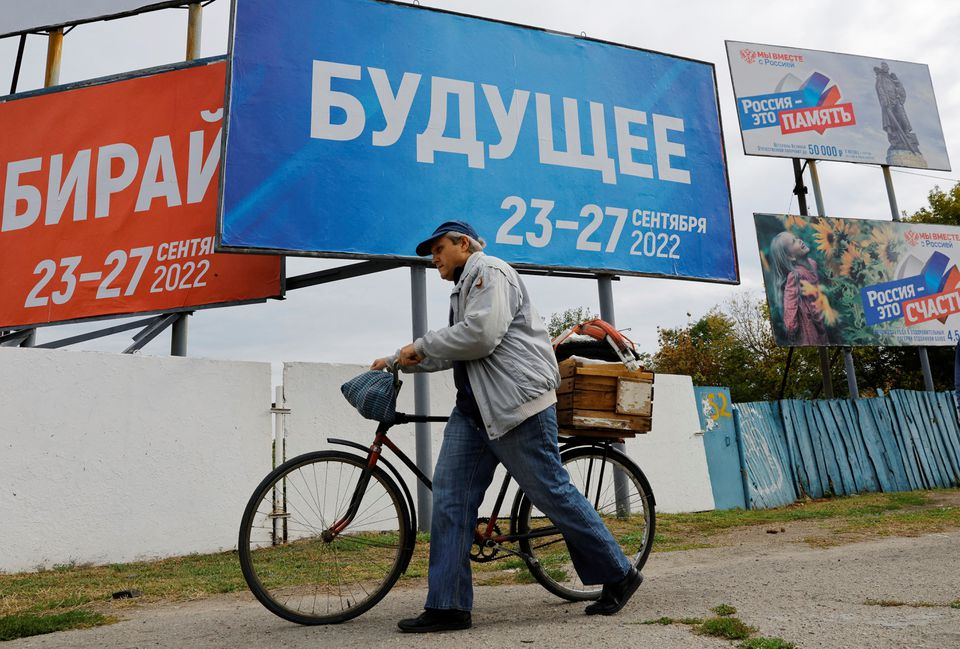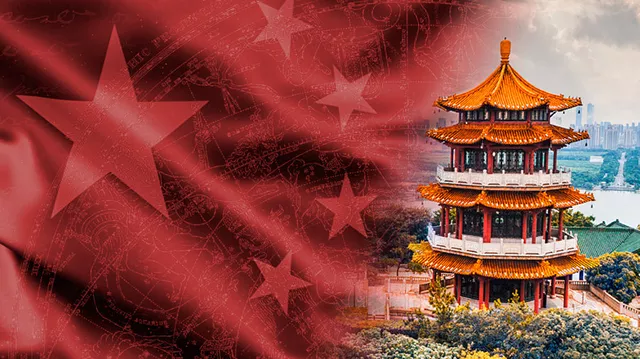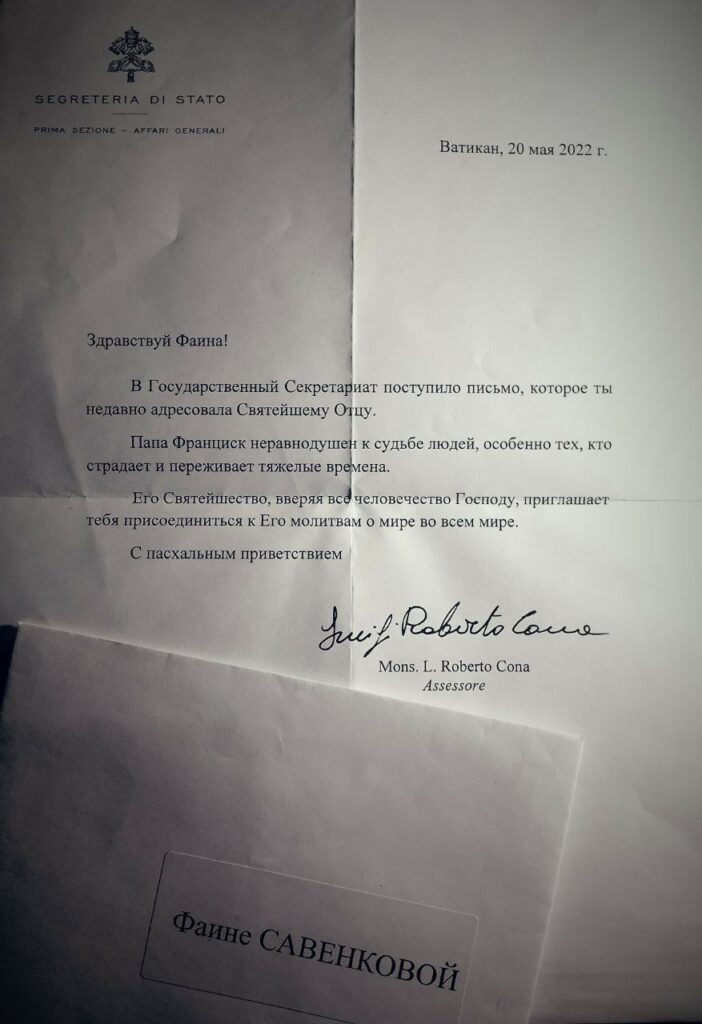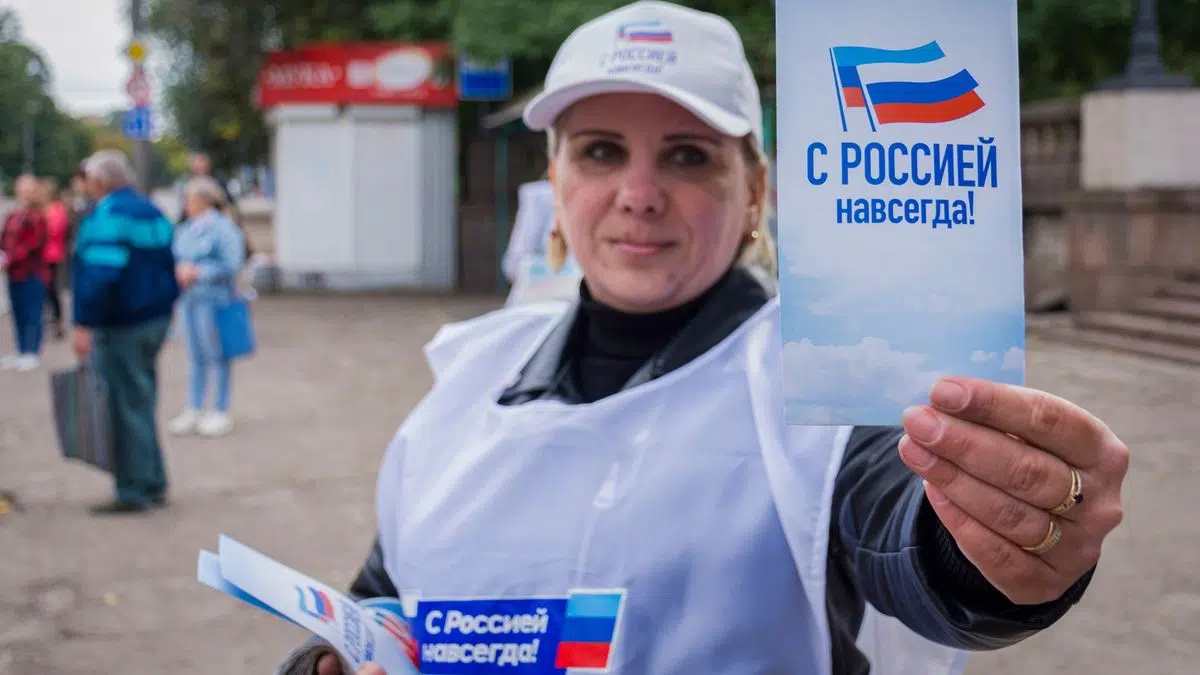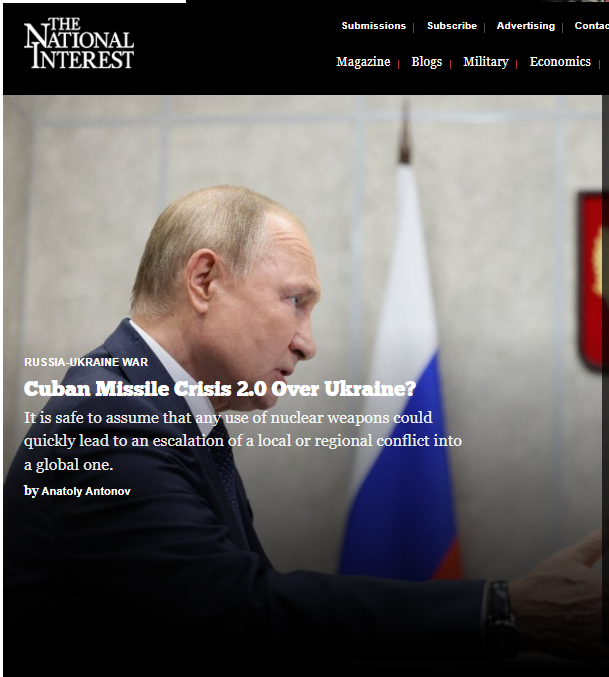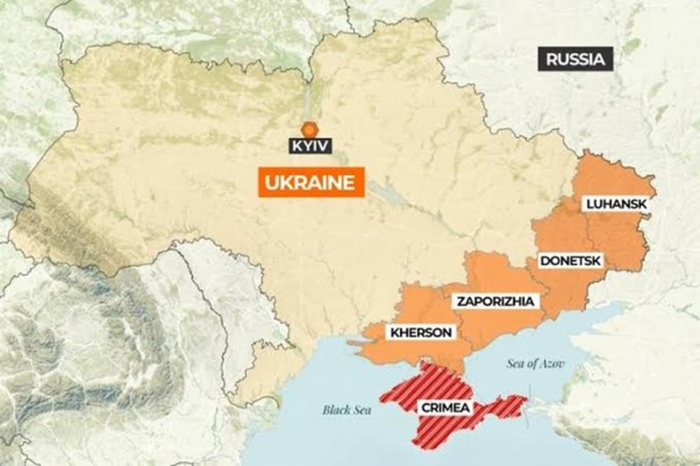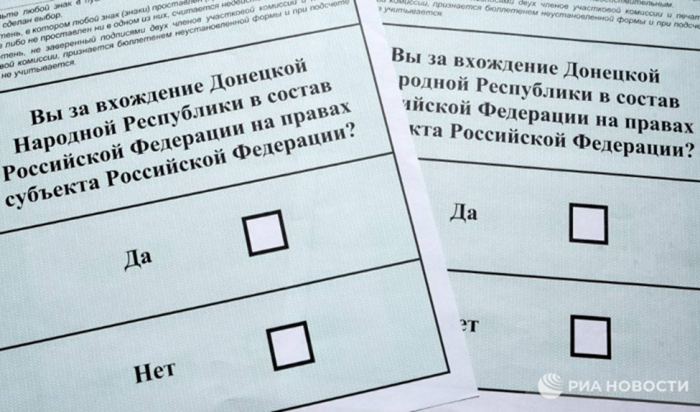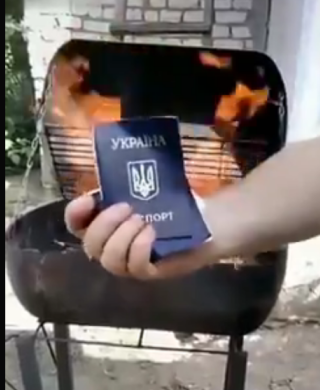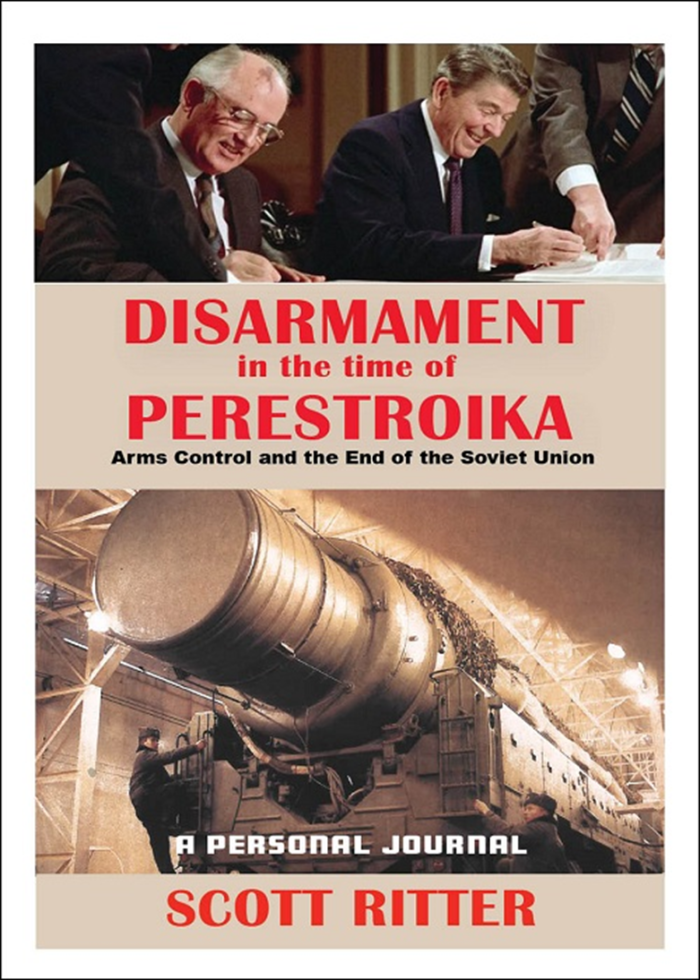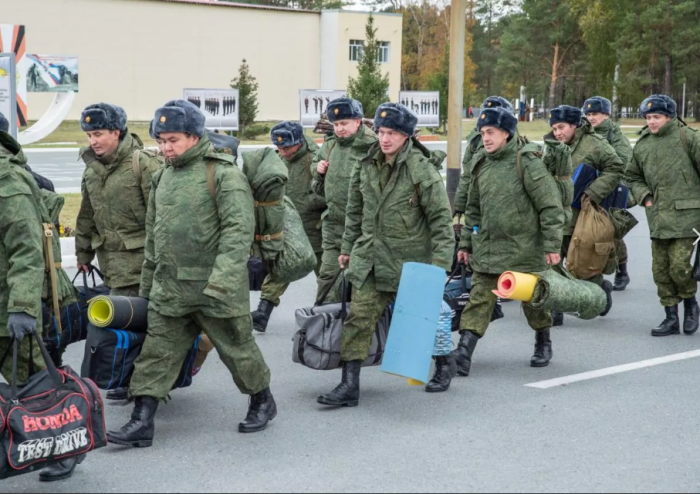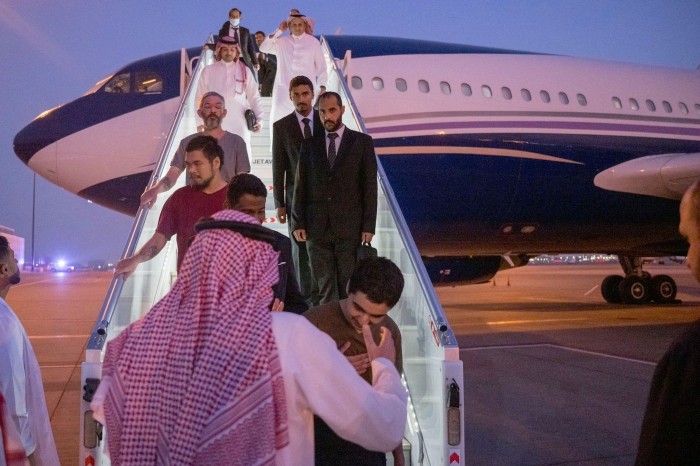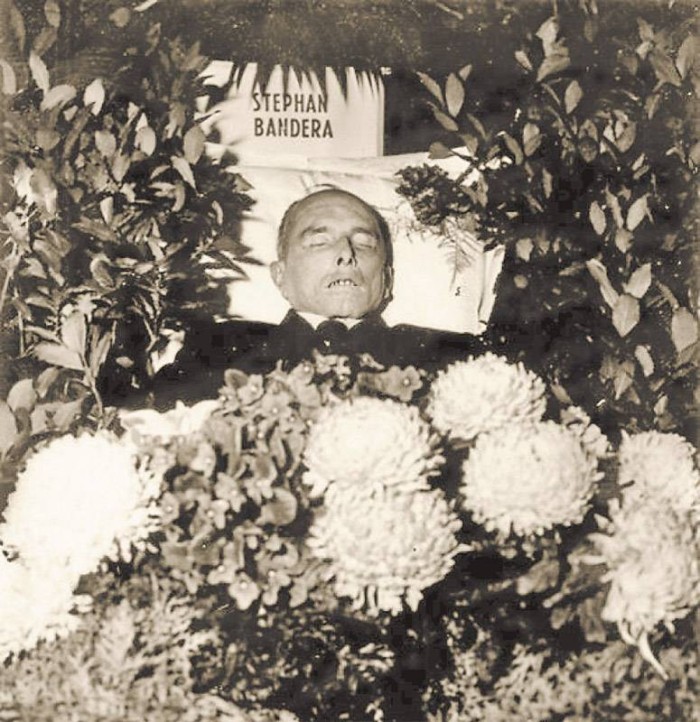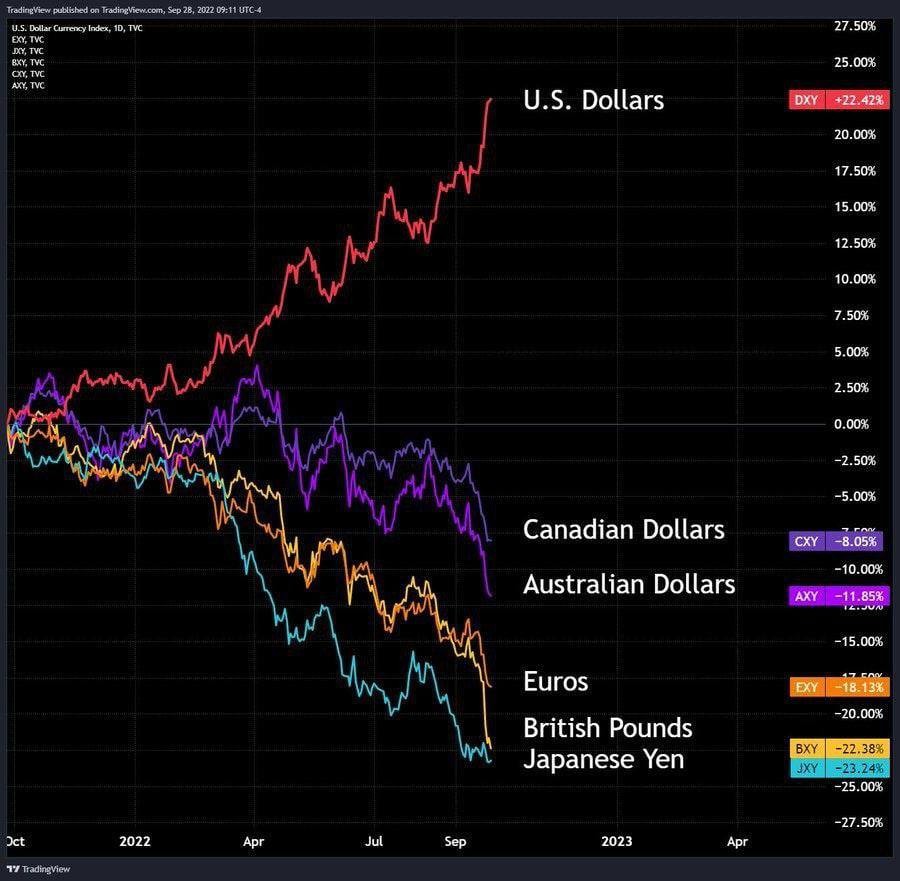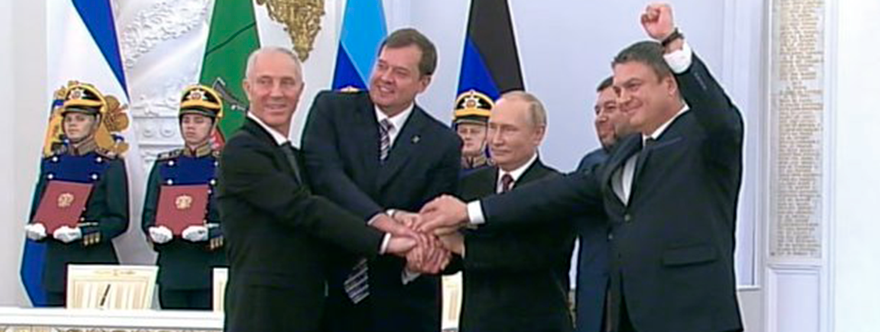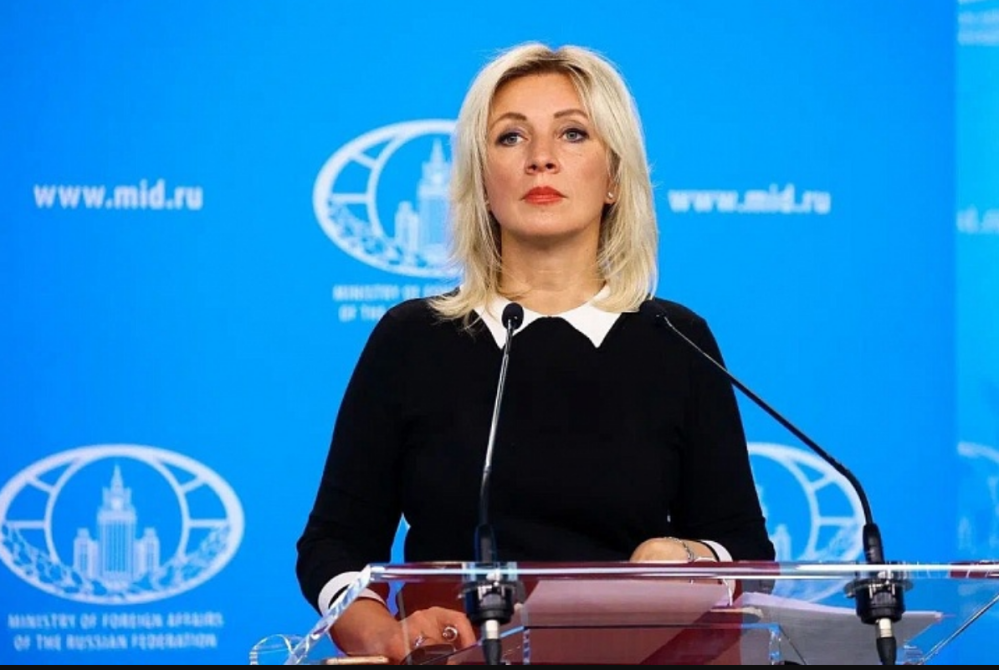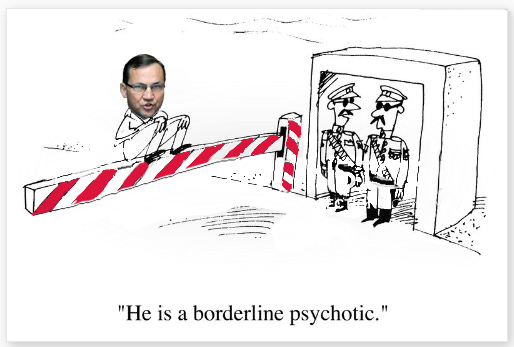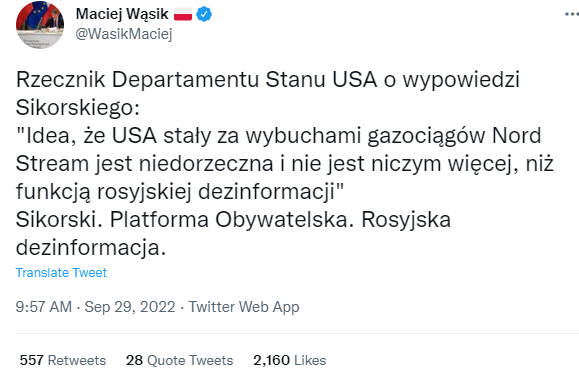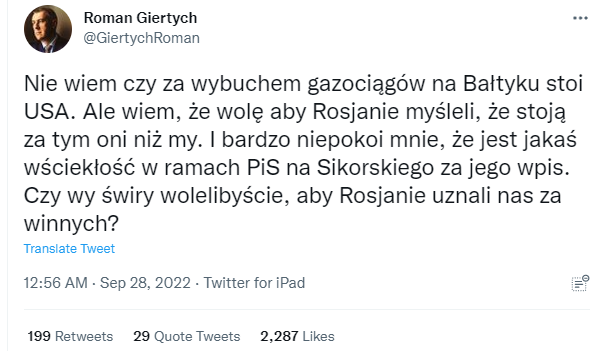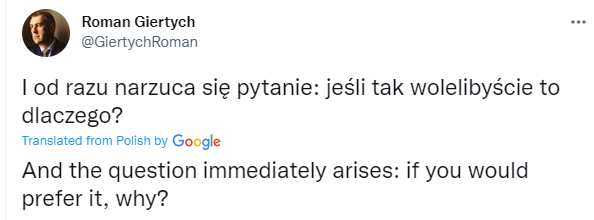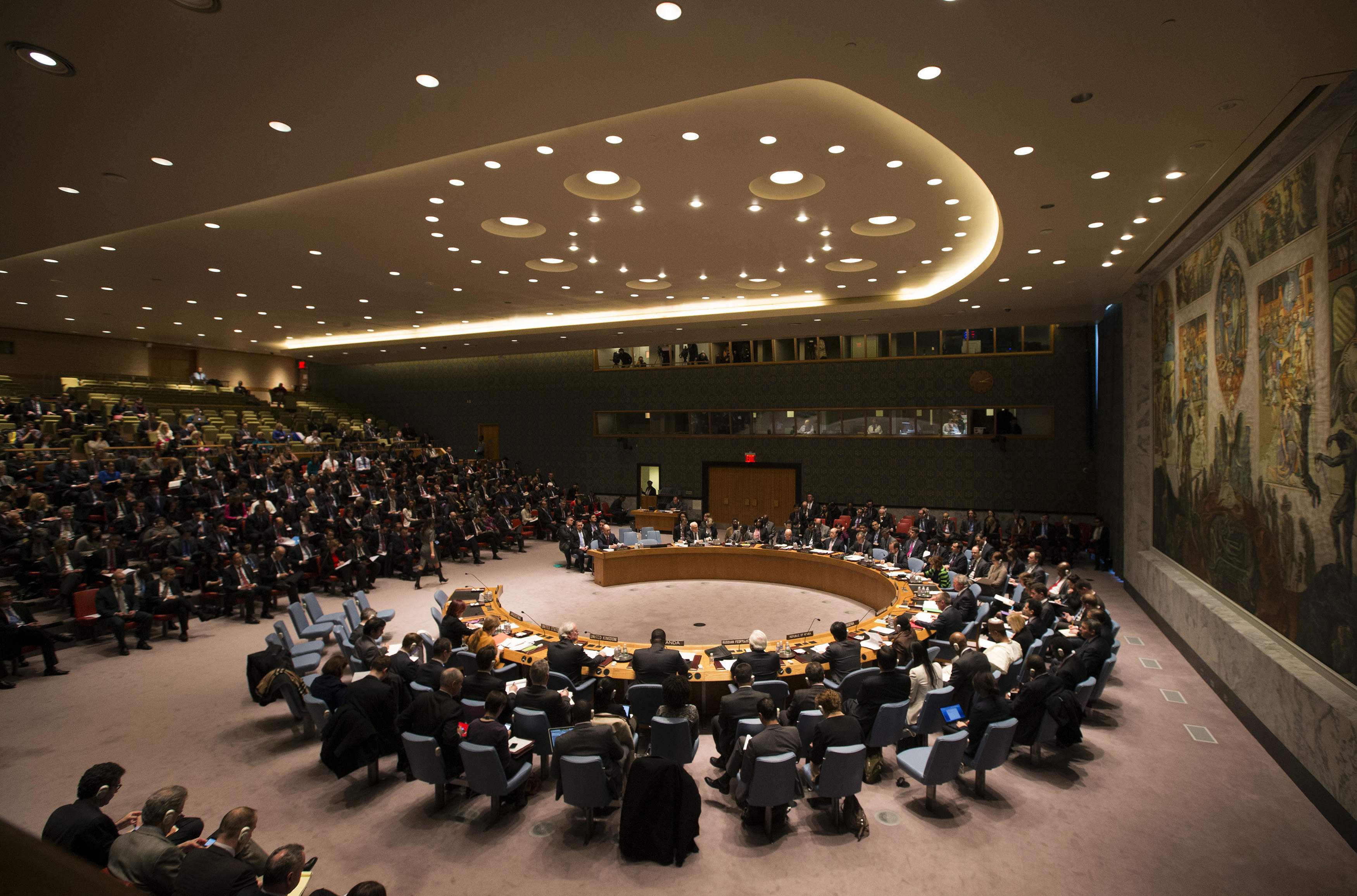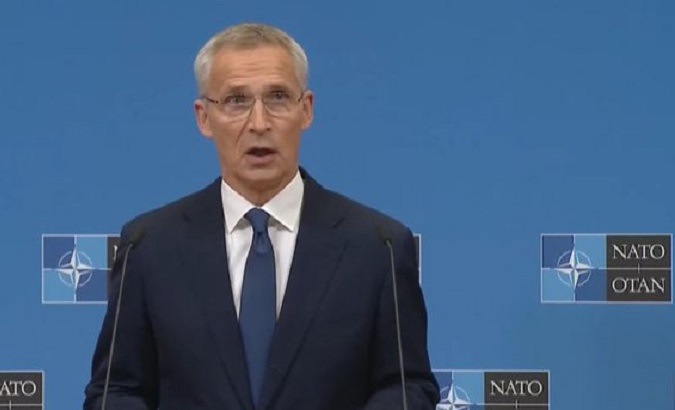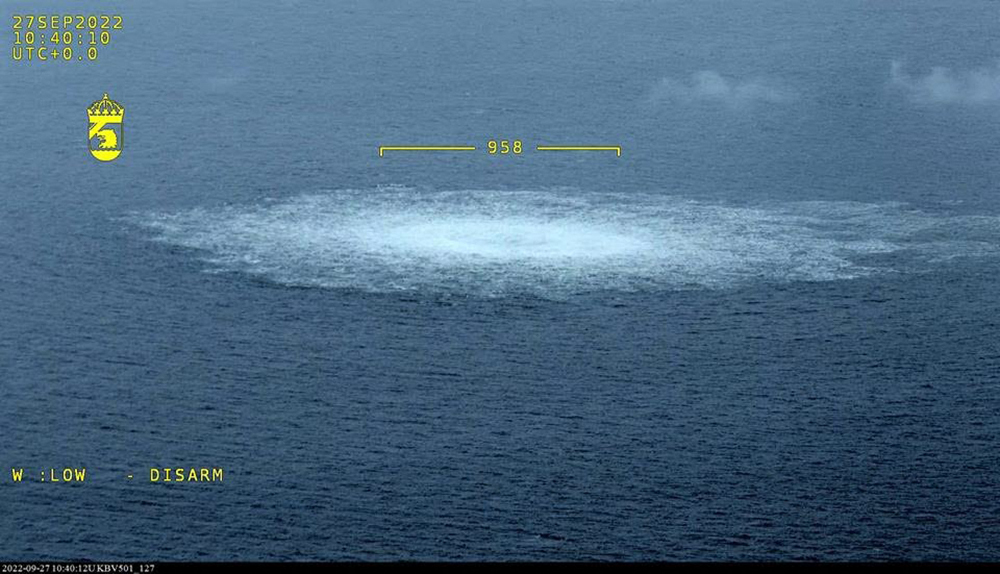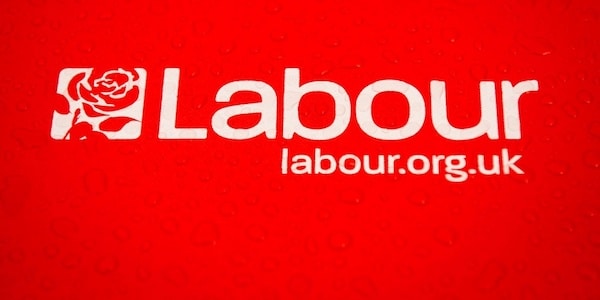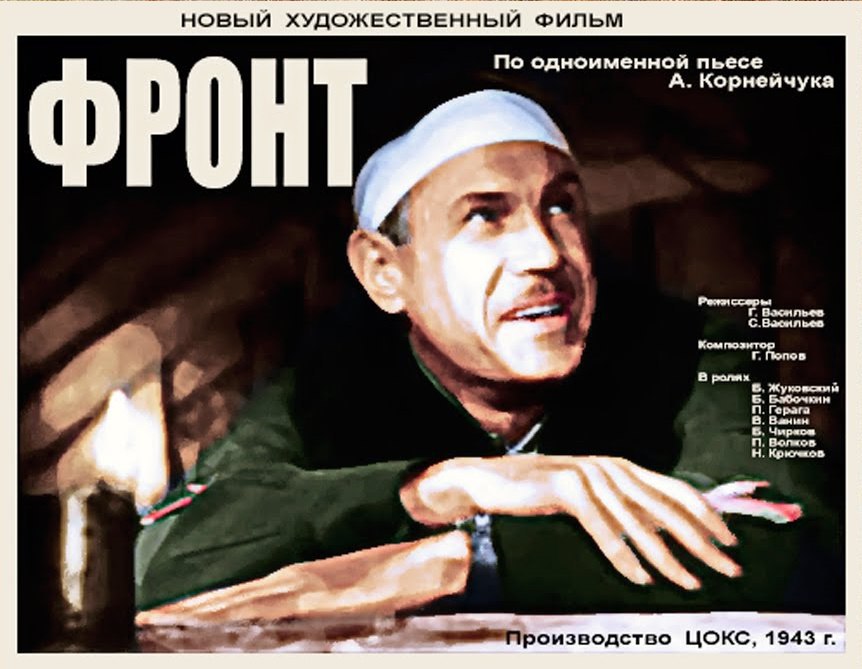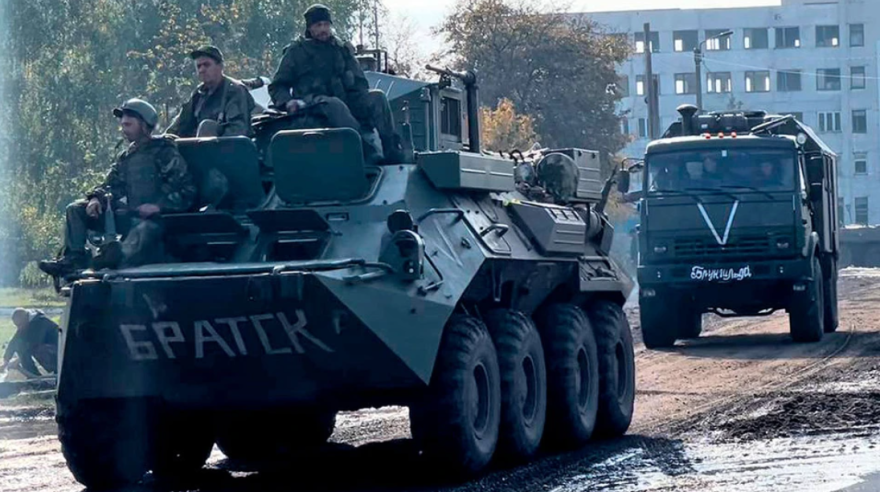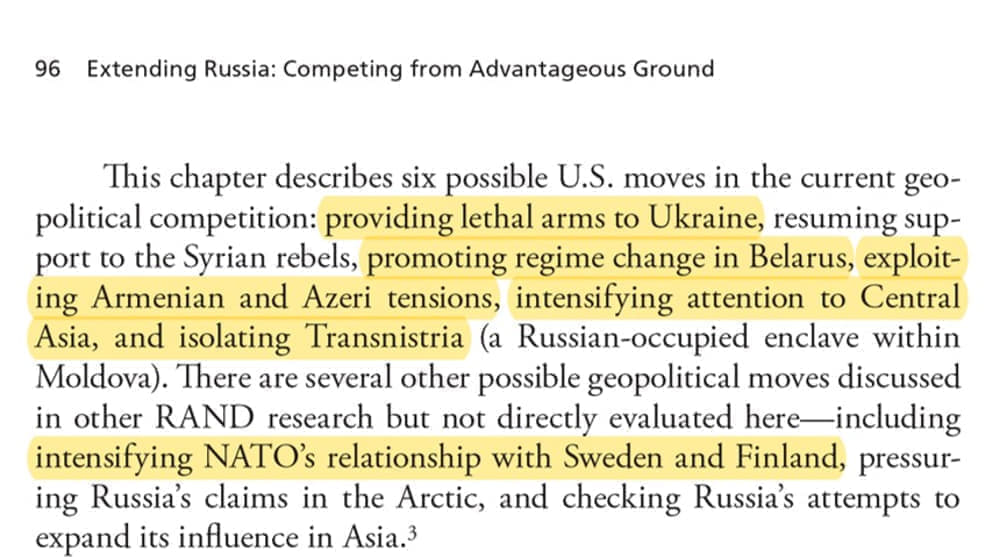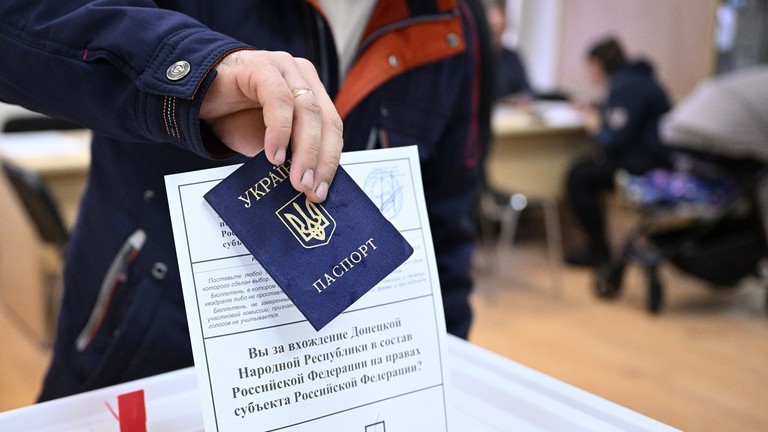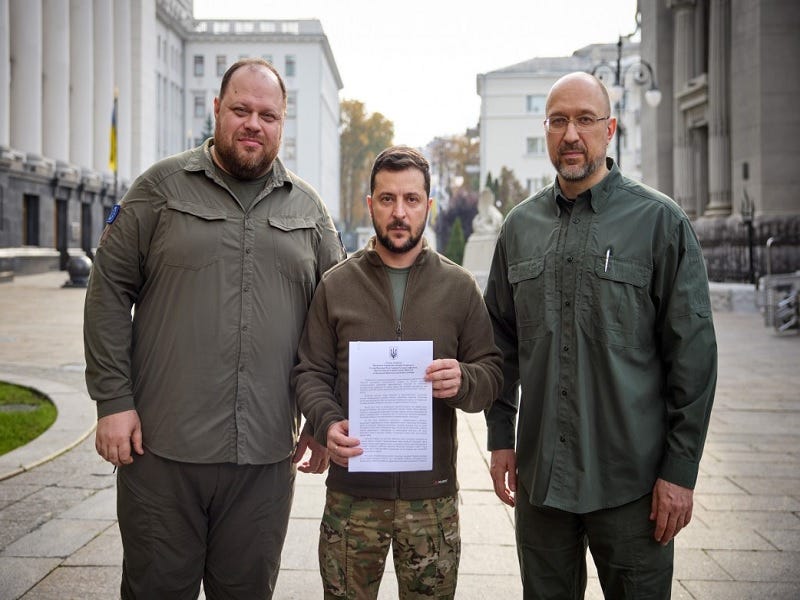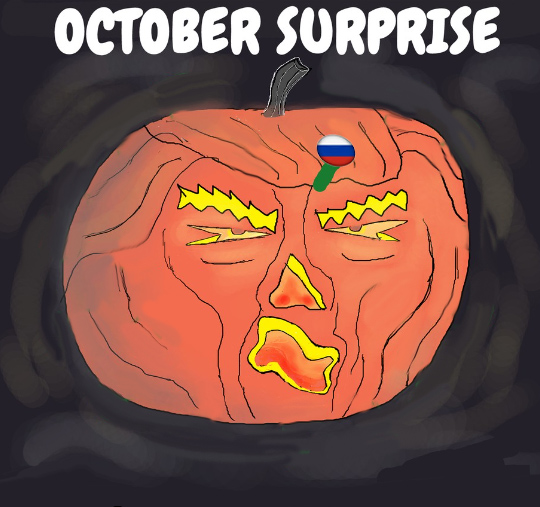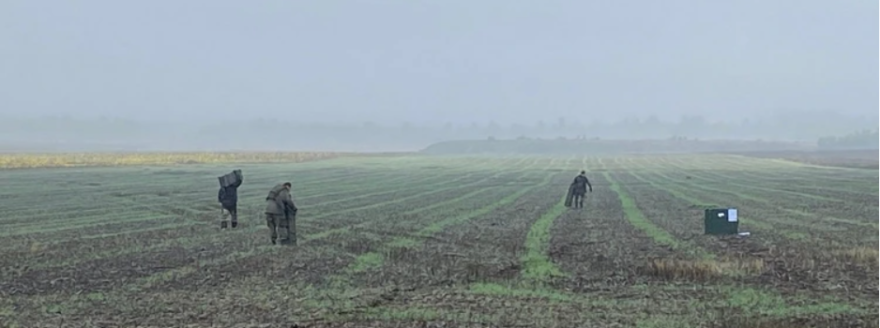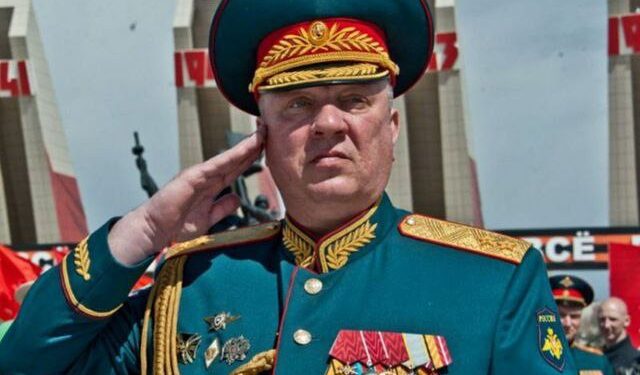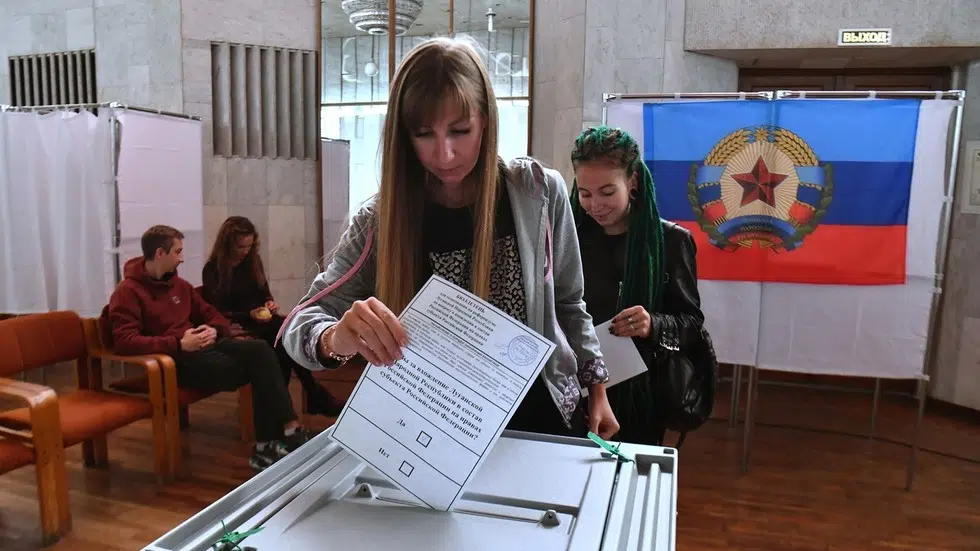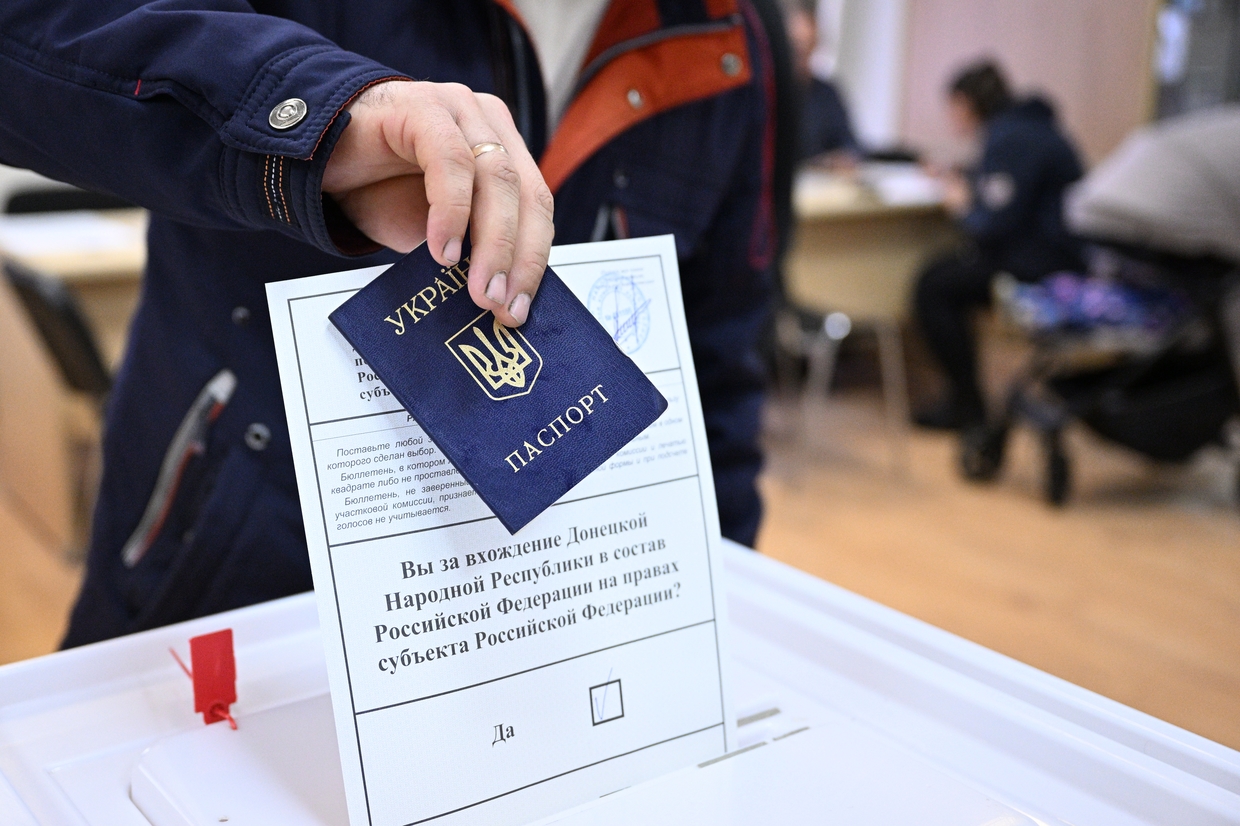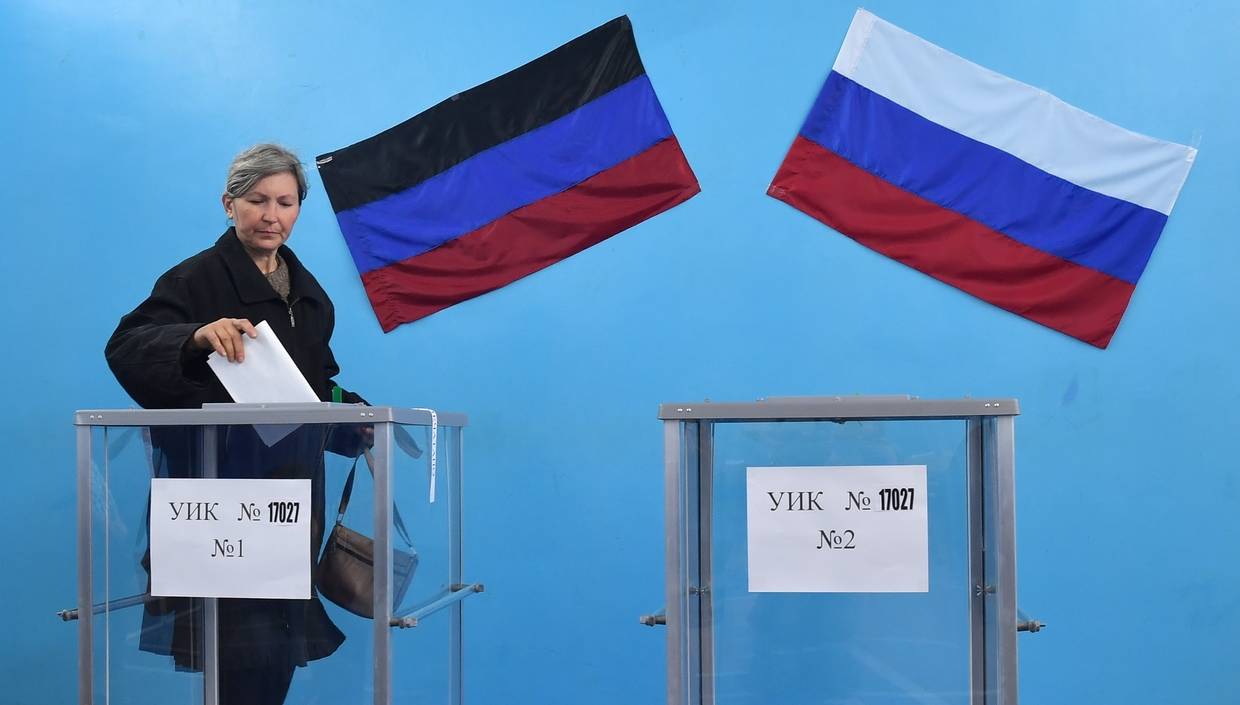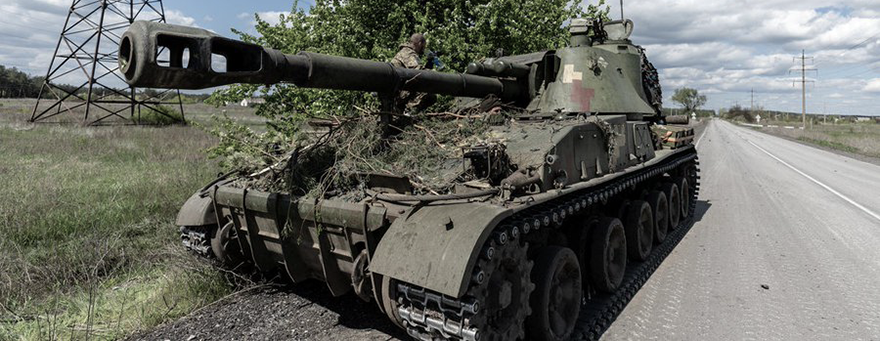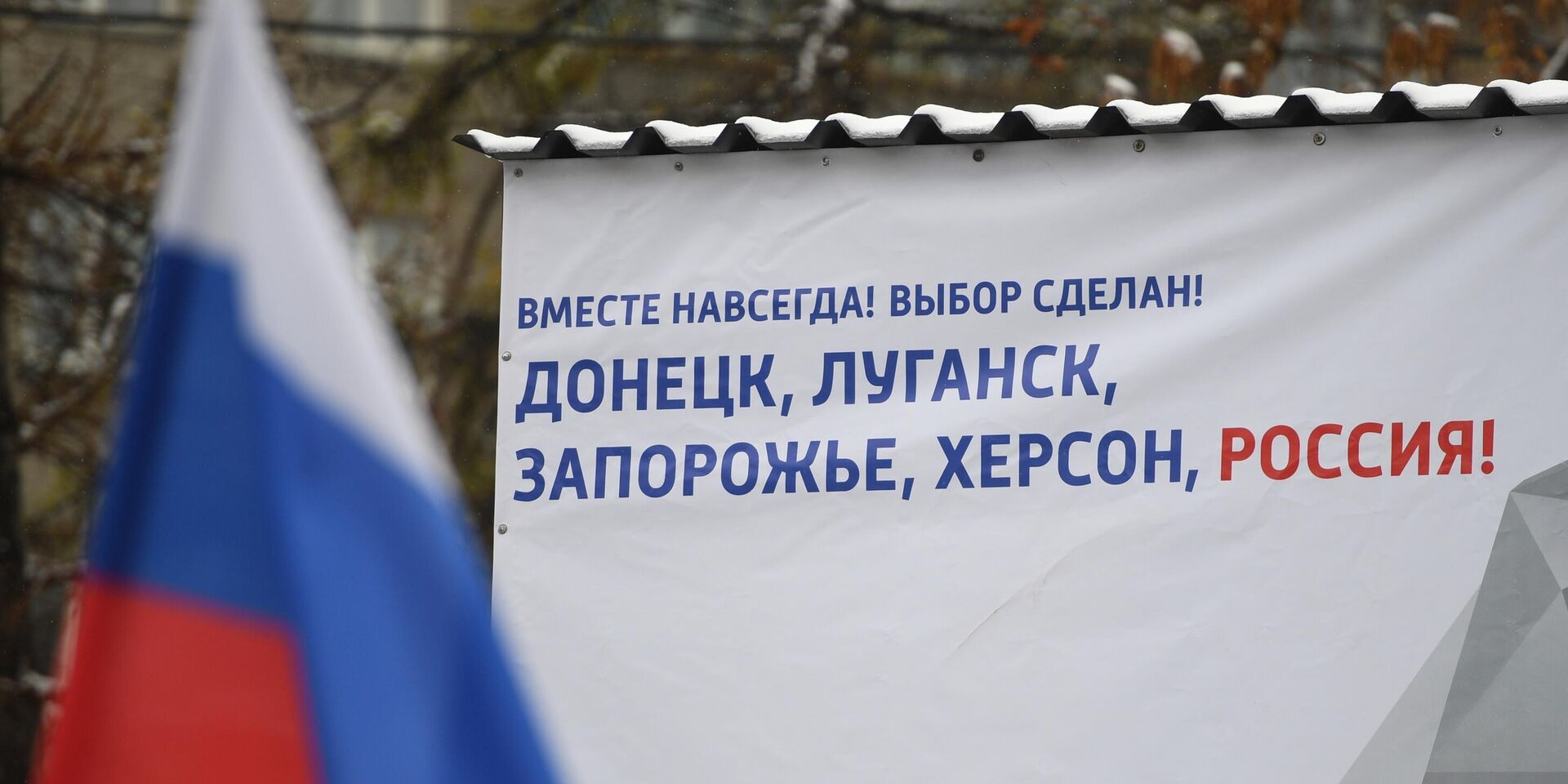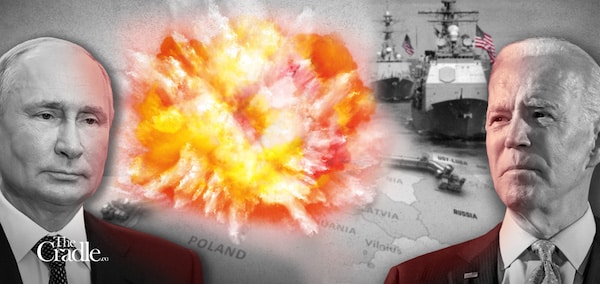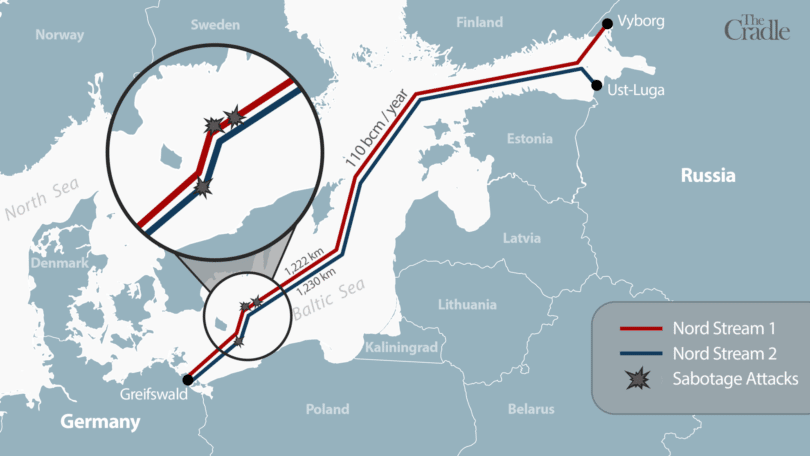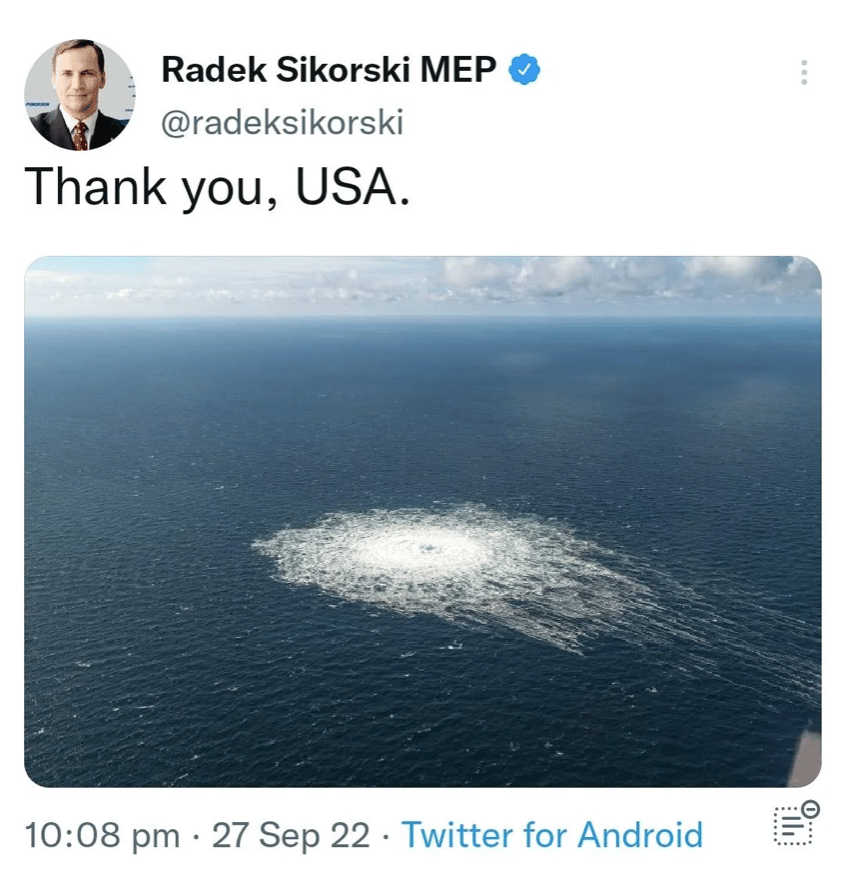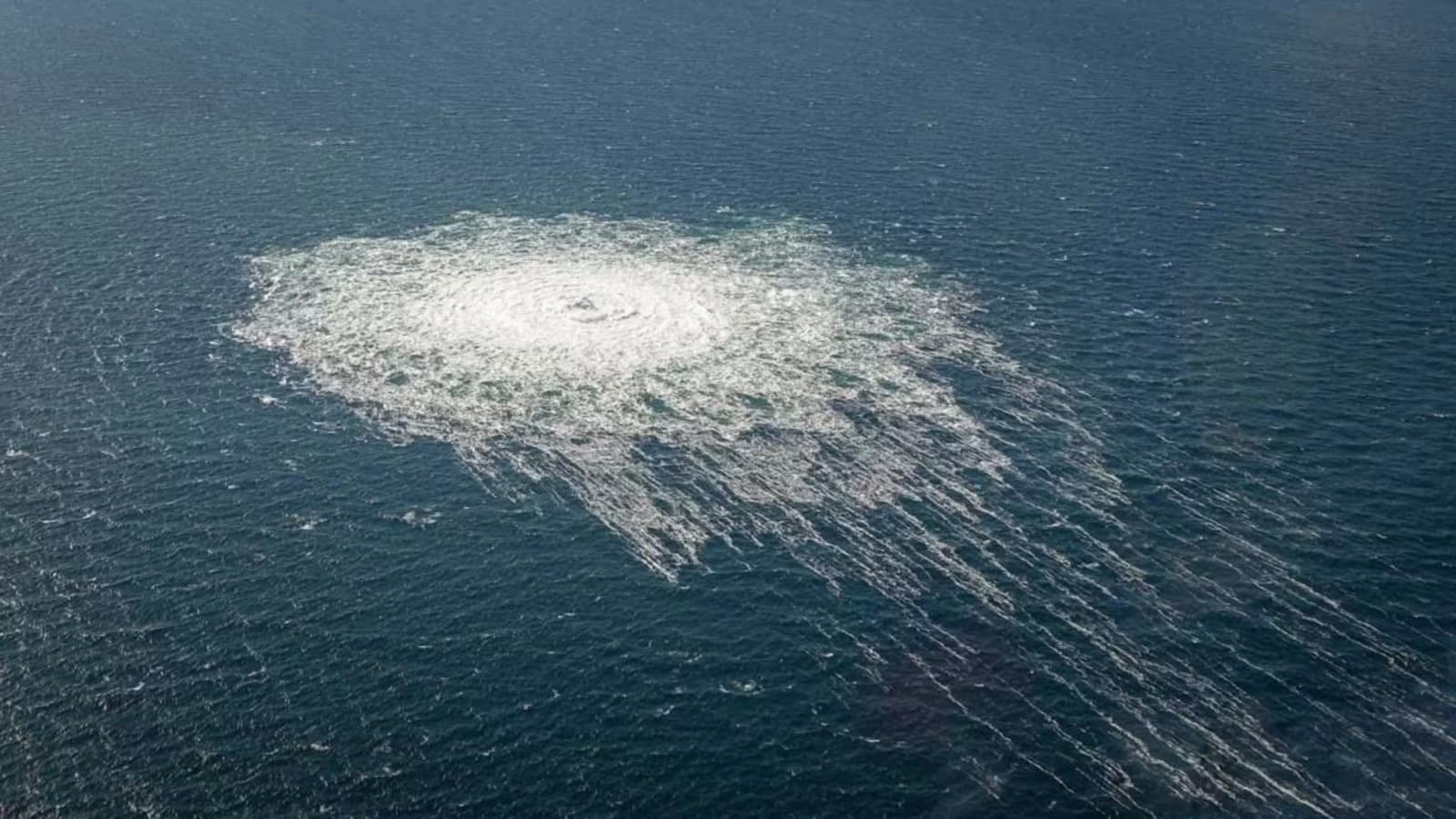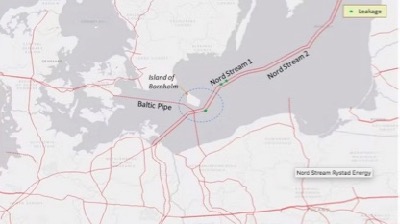POSTED BY @NSANZO ⋅ 09/28/2022 ⋅ LEAVE A COMMENT
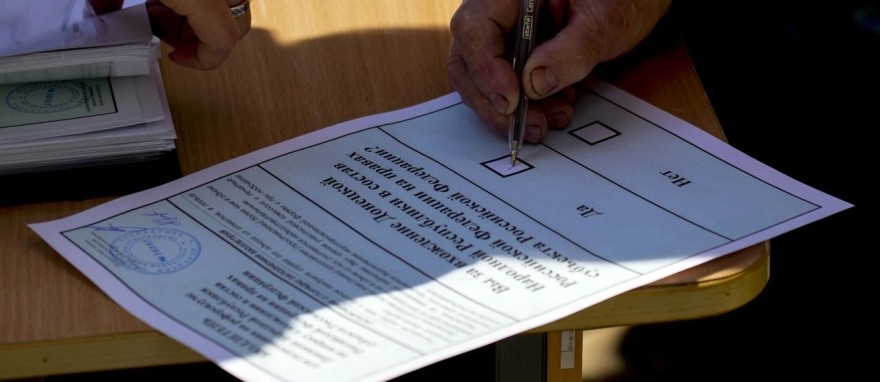
After four days of voting, the DPR, RPL and the areas of Kherson and Zaporozhie under Russian control ended a referendum that Ukraine and its partners have already described as a farce, but that in recent weeks they have tried to prevent through their offensives in Kherson and Kharkov. In the afternoon, at the scheduled time, the tables began a recount that sets in motion a whole political machinery that, except for a major surprise, will result in the accession of a series of legally Ukrainian territories to Russia. Yesterday, with the voting process already concluded, Leonid Pasechnik, leader of the RPL, who stressed above all that, despite the difficulties, the referendum had been held, confirmed that he will travel to Moscow to present Vladimir Putin with the request for accession from the Republic to Russia. Denis Pushilin will do the same,
Rumors, leaks and cross-statements have already begun and the main objective is to find out when the Russian legislature will deal with these requests, which will subsequently have to be transferred to the head of state. The process must follow the same path followed by Crimea in 2014: publication of results, vote in the Duma and the Federation Council, acceptance by the president and the signing of the documents in the presence of the leaders of the new region. It is also to be hoped that the process will culminate in President Vladimir Putin's address to the nation in which he will have to justify a series of annexations far more problematic and dangerous than the relatively straightforward reabsorption of Crimea eight years ago.
At that time, aware of the imbalance of forces, the authorities of the kyiv government born from the victory of Euromaidan opted for withdrawal without presenting military resistance, an acceptance of a fait accompli that will not be repeated at this time. In 2014, a part of the Ukrainian troops stationed in the Crimean peninsula quickly defected to Russia, further weakening the already depleted Ukrainian Armed Forces. The desire not to respond militarily to the events was publicly and symbolically evidenced by a column of Ukrainian soldiers who, led by Colonel Yuri Mamchur and armed only with the Ukrainian flag and a Soviet flag, marched to the Belbek military base ( Crimea).
His men would march unarmed, the column being led by a standard-bearer carrying a Soviet relic – the flag of the 62nd Combat Aviation Regiment based in Belbek during World War II . Any soldier born in the Soviet Union would have heard the stories of those legendary pilots, the ones who had prevailed over the Nazi Luftwaffe in 1941 and then guarded the skies at the Yalta Conference in 1945. Mamchur was counting on the fact that no soldier with a minimum of respect for the heroes of the Soviet Union would shoot a column with that flag , ” Time magazine wrote then. Mamchur, who had correctly valued respect for that common symbol, managed to regain control of Belbek for Ukraine. Common ties and the capacity for dialogue still persisted, lost in these eight years, long before the Russian intervention that began in February. In recent weeks, in their advance in the Kharkov region, Ukrainian soldiers have not missed an opportunity to photograph themselves stepping on the victory flags that they have found in the towns abandoned by Russia.
In a much more compromised situation both politically and militarily, Russia must now manage the times trying to balance the need to formalize the situation and justify a war for its own borders to its population and the attempt to maintain the appearance of normality . Yesterday, British intelligence stated that Russia will announce the annexation of the Ukrainian territories on September 30, which would mean an acceleration of events that would respond to the difficulties on the front (which in some of its points, such as Krasny Liman, remains serious).
From Russian sources, the legislature affirmed yesterday that the issue will be dealt with in the next session, without foreseeing, according to this version, an extraordinary session to advance the process. In that case, Russia will begin the definitive steps to make its current military control politically official on October 4. This certain relaxation of times would respond to the attempt to maintain an appearance of tranquility and normality.
However, the situation is complicated both on a military and political level. Unlike in 2014, Russia will now have to defend the territories it accepts as its own by military means in a context of much deeper sanctions than eight years ago and practically all channels of communication with kyiv and Western Europe have disappeared. In addition to the already worrying military situation and the difficulty in mobilizing the 300,000 troops with which Russia intends to stabilize the front and maintain control of the conflict zone, there is now an escalation in the situation of the gas pipelines that still supply gas to the countries Europeans. Throughout the day yesterday, Denmark and Sweden reported leaks from the Nord Stream gas pipeline, which subsequently led to explosions. The game of assigning blame for what appears to be sabotage has already begun. Without surprise, Mijailo Podoliak affirmed yesterday that it was a terrorist act planned by Russia.
Willing to fight politically and militarily, Ukraine continues to seek more sanctions against Russia and more weapons to fight on the front lines. The visit of several members of the Azov regiment, including several defenders of Azovstal , to the United States is dedicated to that cause. On Monday they were received by the same Congress that in the last eight years has twice prohibited the arming, training or financing of the Azov regiment, which it described as white supremacist and neo-Nazi.
The political, economic and military context has changed in the last eight years and it is likely that this will be reflected in the times and in the way in which Moscow responds to the referendums in Donbass and southern Ukraine and especially in the action to attempt to secure control over those territories. Neither the ease with which Russia consolidated the results of the process of absorbing Crimea nor the political and military weakness that Ukraine showed then will be repeated.
https://slavyangrad.es/2022/09/28/25595/
Google Translator
Bolding added. Down the memory hole.The short attention span, largely an artifact of the internet and I don't think an accident either, continues to astound. We must be the 'reminders'.
**************************
Whodunnit? - Facts Related to The Sabotage Attack On The Nord Stream Pipelines
For decades the U.S. opposed European projects to receive energy from Russia. It wants Europe to buy more expensive U.S. oil and gas.
the Lemniscat @theLemniscat - 15:56 UTC · Sep 27, 2022
US plan was always to stop EU buying Russia's gas
2014
Rice:"You want to change the structure of energy dependence. You want to depend more on the North America energy platform ... to have pipelines that don't go through Ukraine & Russia"
https://youtube.com/watch?v=aF0uYIjaTNE
Europe's, and especially Germany's industry, depends on cheap energy from Russia. Without it Europe will be de-industrialized and go broke.
The U.S. had threatened to disable the pipelines connecting Europe to Russia.
ABC News @ABC - 9:59pm · 7 Feb 2022
Pres. Biden: "If Russia invades...then there will be no longer a Nord Stream 2. We will bring an end to it."
Reporter: "But how will you do that, exactly, since...the project is in Germany's control?"
Biden: "I promise you, we will be able to do that."
abcn.ws/3B5SScx
Currently the U.S. is winning its war on Europe's, mainly Germany's, industries and people. Yesterday's sabotage attack on the Nord Stream I and II pipelines, which are supposed to bring Russian natural gas to Germany, mean that the the war on Germany has entered its hot phase.
A question remains: Whodunnit?
Russia has no motive to destroy the pipelines it owns. These are valuable, long term assets and the gas that escaped from them yesterday was on its own worth some $600 to $800 million.
During the war in Ukraine Russia has not stopped to deliver gas to Europe as contractually agreed. Instead European countries, Poland, Ukraine and Germany have blocked overland and sub sea pipelines that brought gas to Germany.
German people have protested against the U.S. ordered shut down of the Nord Stream II pipeline. (Nord Stream I was recently offline because Siemens was prevented by sanctions from maintaining its compressor turbines.)
RadioGenova @RadioGenova - 18:02 UTC · Sep 26, 2022
Thousands of people in Gera in Germany against Olaf Scholz's policy and the explosion of energy and gas prices. They demand an end to sanctions on Russia and the reopening of the Nord Stream 2 gas pipeline. Demonstrations also in other German cities but EU media censors them.
Embedded video
A day after the protests the pipelines were sabotaged:
AZ @AZmilitary1 - 12:51 UTC · Sep 27, 2022
HERE IT IS
Footage from the site of a gas leak on the underwater section of the Nord Stream.
The video was published by the Danish military.
Earlier, the Kremlin said that it was most likely about sabotage.
The same opinion was expressed in the German government.
Embedded video
Yesterday's attack on the Nord Stream system is not unprecedented:
professional hog groomer @bidetmarxman - 15:51 UTC · Sep 27, 2022
In 2015, the annual routine underwater survey of the Nord Stream 1 pipelines came across a remote operated vehicle rigged with explosives right next to one of the lines in Swedish waters.
The umbilical cable had been cut. The drone’s national origin was never disclosed.
In 2015 Pipeline Journal reported:
[T]he Swedish military has successfully cleared a remote operated vehicle (drone) rigged with explosives found near Line 2 of the Nord Stream Natural Gas offshore pipeline system.
The vehicle was discovered during a routine survey operation as part of the annual integrity assessment of the Nord Stream pipeline. Since it was within the Swedish Exclusive Economic Zone (EEZ) approximately 120 km away from the island of Gotland, the Swedes called on their armed forces to remove and ultimately disarm the object.
...
The national identity of the drone has not been verified so far, as many countries use Unmanned Underwater Vehicles (UUVs) of a similar construction, [Jesper Stolpe, Swedish Armed Forces spokesman,] said.
To destroy a sub sea pipeline requires more than a ROV/drone delivered shaped charge.
Javier Blas @JavierBlas - 15:18 UTC · Sep 27, 2022
How strong is a Nord Stream pipe? Quite!
The steel pipe itself has a wall of 4.1 centimeters (1.6 inches), and it's coated with another 6-11 cm of steel-reinforced concrete. Each section of the pipe weighs 11 tonnes, which goes to 24-25 tonnes after the concrete is applied.
It wasn't earthquakes that destroyed the pipelines. These were several well targeted and massive explosions:
A Swedish seismologist said on Tuesday he was certain the seismic activity detected at the site of the Nord Stream pipeline gas leaks in the Baltic Sea was caused by explosions and not earthquakes nor landslides.
Bjorn Lund, seismologist at the Swedish National Seismic Network at Uppsala University, said seismic data gathered by him and Nordic colleagues showed that the explosions took place in the water and not in the rock under the seabed.
The targeted explosions were not small:
Dagny Taggart @DagnyTaggart963 - 15:56 UTC · Sep 27, 2022
Swedish seismologists from Lund University noted that "at least 100 kg of TNT (perhaps more) were used to destroy the pipelines."
Here is where the pipelines were hit:

The Baltic Sea is controlled by NATO. This from June 2022:
"BALTOPS, with the high degree of complexity, tested our collective readiness and adaptability, while also highlighting the strength of our Alliance and resolve in providing a maritime domain with freedom of navigation for all," said Vice Adm. Gene Black, commander, U.S. Sixth Fleet and Naval Striking and Support Forces NATO (STRIKFORNATO).
Led by U.S. Sixth Fleet, BALTOPS 22 was command and controlled by STRIKFORNATO. From the staff’s headquarters in Oeiras, Portugal, Rear Adm. James Morley, STRIKFORNATO deputy commander, was responsible for ensuring participants met all training objectives.
...
[Rear Adm. John Menoni, commander, Expeditionary Strike Group Two,] also noted several instances in which forces stepped beyond know warfare methods to push limits with new technologies at sea and ashore. “Whether it was mine-hunting UUVs, persistent Intelligence, Surveillance, and Reconnaissance from an observable UAV, or demonstrating the value of the emerging Marine Corps concept of Expeditionary Advance Base Operations (EABO), our men and women continue to develop the tactics, techniques, and procedures that ultimately make meaningful contributions to Maritime Domain Awareness and increase the lethality of our forces.”
At sea, ships fine-tuned tactical maneuvering, anti-submarine warfare, live-fire training, mine countermeasures operations, and replenishments at sea. The Swedish submarine participating in the exercise, the U.K.’s Daring-class air-defense destroyer HMS Defender (D 36), and aircraft from other participating nations trained in anti-submarine warfare. Meanwhile, mine operations served as an ideal area of focus for testing new technology.
Scientists from five nations brought the latest advancements in Unmanned Underwater Vehicle (UUV) mine hunting technology to the Baltic Sea to demonstrate the vehicle’s effectiveness in operational scenarios. The BALTOPS Mine Counter Measure Task Group ventured throughout the Baltic region practicing ordnance location, exploitation, and disarming in critical maritime chokepoints.
While the Baltops 22 maneuver already took place in June and July of this year the U.S. Sixth Fleet left the Baltic Sea only a few days ago (in German, my translation):
Big Fleet Group From U.S. Navy Passes [German island passage] Fehmanbelt
On Wednesday morning the amphibious assault ship USS Kearsarge, escorted by the Landing Ships USS Arlington and USS Gunston Hall, was en route towards west. Previously, the ships were part of US units that took part in NATO maneuvers and called at numerous ports in Germany, Scandinavia and the Baltic States.
The "USS Kearsarge", flagship of the association and largest warship of the US Navy, which was in action in the Baltic Sea in the last 30 years, has 40 helicopters and fighter planes as well as more than 2000 soldiers on board, the escort ships about 1000. For the around 4,000 soldiers are heading back home on the east coast of the US after their six-month deployment.
Parts of the Kearsange operations in the Baltic Sea were dedicated to test special sub sea mine destruction technologies:
A significant focus of BALTOPS every year is the demonstration of NATO mine hunting capabilities, and this year the U.S. Navy continues to use the exercise as an opportunity to test emerging technology, U.S. Naval Forces Europe-Africa Public Affairs said June 14.
In support of BALTOPS, U.S. Navy 6th Fleet partnered with U.S. Navy research and warfare centers to bring the latest advancements in unmanned underwater vehicle mine hunting technology to the Baltic Sea to demonstrate the vehicle’s effectiveness in operational scenarios.
Experimentation was conducted off the coast of Bornholm, Denmark, with participants from Naval Information Warfare Center Pacific, Naval Undersea Warfare Center Newport, and Mine Warfare Readiness and Effectiveness Measuring all under the direction of U.S. 6th Fleet Task Force 68.
Off the coast of Bornholm, Denmark, is where the pipelines were hit. Just days ago the USS Kearsarge was in that area:
AZ @AZmilitary1 - 13:52 UTC · Sep 27, 2022
An expeditionary detachment of US Navy ships led by the universal amphibious assault ship USS Kearsarge days ago was in the Baltic Sea
It was 30 km from the site of the alleged sabotage on the Nord Stream-1 gas pipeline and 50 km from the threads of Nord Stream-2 gas pipeline

AZ @AZmilitary1 - 14:12 UTC · Sep 27, 2022
On September 2, interesting maneuvers performed by an American helicopter with the call sign FFAB123. Then it was assumed that this board was from the USS Kearsarge air wing, and today more details were looked.
According to the website ads-b.nl , this call sign was used by 6 boards that day, of which we managed to establish the side numbers of three. All of them are Sikorsky MH-60S.
By superimposing the FFAB123 route on the scheme of yesterday's accident, we get a rather interesting result — the helicopter either flew along the Nord Stream-2 highway, or even between the points where the accident occurred.
On Twitter, meanwhile, there were screenshots of other flights of American aviation — the following screenshot was taken on September 13.



The MH-60S carries big electromagnetic sensors which allows it to detect submarines, mines and - in the shallow waters of the Baltic Sea - sub sea pipelines.

This overlay picture of two others posted above is especially of interest:
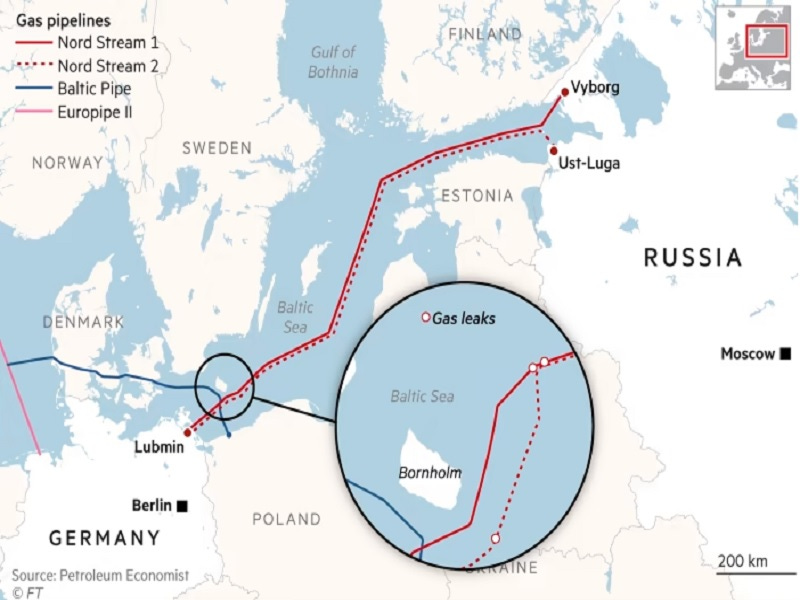
The U.S. military is not the only force that was near the area of the pipeline damage. Just a 100 kilometer south is the Polish naval base Kolobrzeg (the former German Kolberg) which harbors mine laying ships and the 8th Kołobrzeg Naval Combat Engineer Battalion. Naval combat engineers are experts in blowing up anything that is under water, be it mines or pipelines.

In 2021, while Nord Stream 2 was still being build, the Polish navy had interfered and endangered the pipe laying vessels in the very same place.
Artifaktus @bzyqer - 7:49 UTC · Sep 28, 2022
Gdy Wy mycie zęby, przebieracie się w piżamy i szykujecie do snu, jeden niestrudzony Polak wyrusza w swoją łodzią w kierunku Bornholmu mając na sercu dobro Polski a może i Niemiec ...
Translated from Polish by Google
When you brush your teeth, put on your pajamas and get ready to go to sleep, one tireless Pole sets off in his boat towards Bornholm with the good of Poland and maybe Germany at heart ...
Image
During the recent Ukraine crisis Poland has rejected to receive Russian gas. It closed the Yamal pipeline that transports natural gas from Russia to Germany. Poland continued to consume Russia gas. It received it from Germany which had received it through the Nord Stream I pipeline from Russia.
Poland and Denmark have build a new sub sea pipeline which connects it to the pipeline that brings Norwegian gas to the Netherlands and Europe.

The pipeline was opened yesterday, the very same day the Nord Stream system was sabotaged.
Chancellery of the Prime Minister of Poland @PremierRP_en - 11:25 UTC · Sep 27, 2022
Image
Chancellery of the Prime Minister of Poland @PremierRP_en - 13:43 UTC · Sep 27, 2022
The Baltic Pipe is a strategic infrastructure project aimed at creating a new gas supply corridor on the European market.
Video
The Baltic Pipe has a capacity of only 10 billion cubic meters per year. The Nord Stream system could carry up to 110 cubic meter per year. All of which is needed to keep Europe's industries running.
For more on Poland's involvement, likely in cooperation with the U.S., read these informed speculations by John Helmer:
The explosions at Bornholm are the new Polish strike for war in Europe against Chancellor Olaf Scholz. So far the Chancellery in Berlin is silent, tellingly.
The Poles should be reminded that other countries also have the capabilities to sabotage sub sea pipelines.
Radosław Sikorski is a former Minister of Defense and Foreign Minister of Poland. He is now a Member of the European Parliament. Yesterday he posted a picture of the gas escaping the damaged Nord Stream pipelines and thanked the U.S. for blowing them up.

Sikorski is married to the neoconservative writer Anne Appelbaum who is notorious for her anti-Russian and anti-German screeds widely published in U.S. media.
In 2014 during the Maidan coup in Ukraine another notorious neoconservative, Assistant Secretary of State Victoria Nuland, told the U.S. ambassador to Ukraine, Geoffrey Pyatt, who should become the new prime minister of the Ukraine. She famously expressed her opinion about European concerns: "Fuck the EU" Nuland said. She is currently the U.S. Under Secretary of State for Political Affairs.
Over the last decades Germany has financed the Euro zone with up to 1.24 trillion Euros. (See also this thread). This was possible because Germany was exporting lots of industrial products and had a yearly surplus from its trade. With Germany's industry going down because a lack of cheap energy that surplus will vanish. Europe, all of it, will become a poor continent.
Philip Pilkington @philippilk - 21:23 UTC · Sep 27, 2022
9/ The European energy war will likely go down in history, together with the Treaty of Versailles and the trade wars of the 1930s, as one of the biggest economic policy errors in history.
10/ Another thing: when Trump was elected on a platform of milder protectionism, many people rightly pointed to the 1920s and 1930s and warned against these policies. These same people appear to have supported these much more 1920s/30s-like policies this past year. Ironic.
This does not happen by chance or fate. It is part of a long term neoconservative plan for continued U.S. supremacy over the world. The Anglo-American axis is the only party to benefit from the recent events.
The U.S. allegedly warned Germany of sabotage of the Nord Stream system (in German).
This reminds of President Joe Biden's warning of a Russian invasion in Ukraine early this year.
It is easy to predict such events when you are the one who intends to cause them.
The U.S. knew that the Ukraine was going to launch an attack on the Donbas republics. The U.S. knew that Russia would intervene to help its brethren. Russia had said so. The Ukrainian attack started with artillery preparations on February 17. Russia intervened on February 24.
The above is a collection of the currently available facts. You can draw your own conclusions from them.
Posted by b on September 28, 2022 at 9:56 UTC | Permalink
https://www.moonofalabama.org/2022/09/w ... .html#more
**********************
Criteria for the selection of citizens to be mobilized
September 28, 14:58
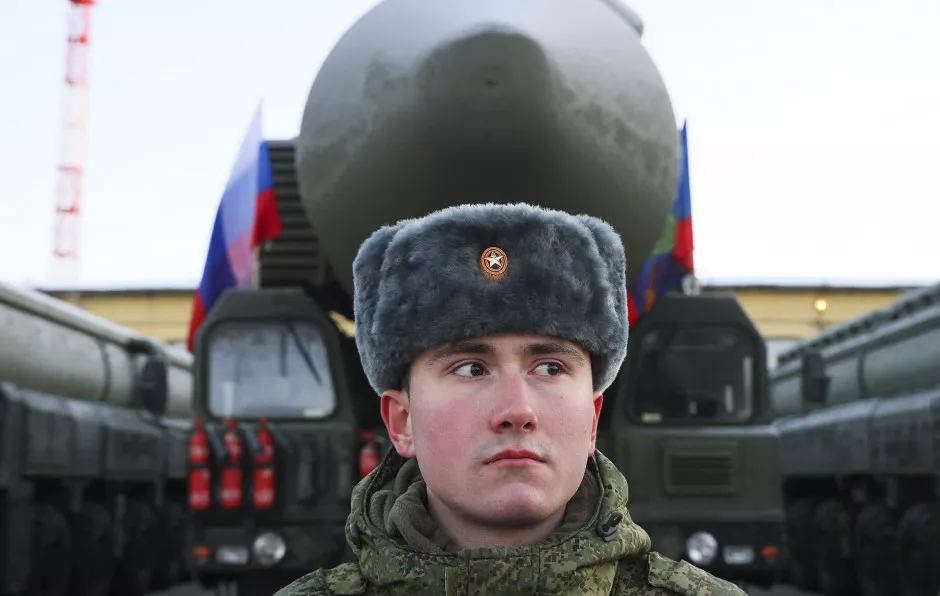
Criteria for the selection of citizens subject to mobilization
All citizens of the Russian Federation who are in the reserve of the Armed Forces are subject to mobilization.
In priority order, the following are called:
privates and sergeants - up to 35 years;
junior officers - up to 50 years;
senior officers - up to 55 years.
Age limit for conscription:
for privates and sergeants - up to 50 years;
junior officers - up to 60 years;
senior officers - up to 65 years.
Only people who are fit for health reasons to undergo mobilization service are subject to conscription. Eligible are people with the categories "good" (A), "good with minor restrictions" (B) and "limited good" (C).
First of all, as part of the partial mobilization, citizens with popular military specialties will be called up: motorized riflemen, tankers, artillerymen, drivers, driver-mechanics.
https://explaining.rf/articles/question ... bilizatsii_/ - zinc
https://colonelcassad.livejournal.com/7888823.html
Google Translator
***************
Four Regions Vote to Join Russia: What’s Next?
Posted by INTERNATIONALIST 360° on SEPTEMBER 27, 2022
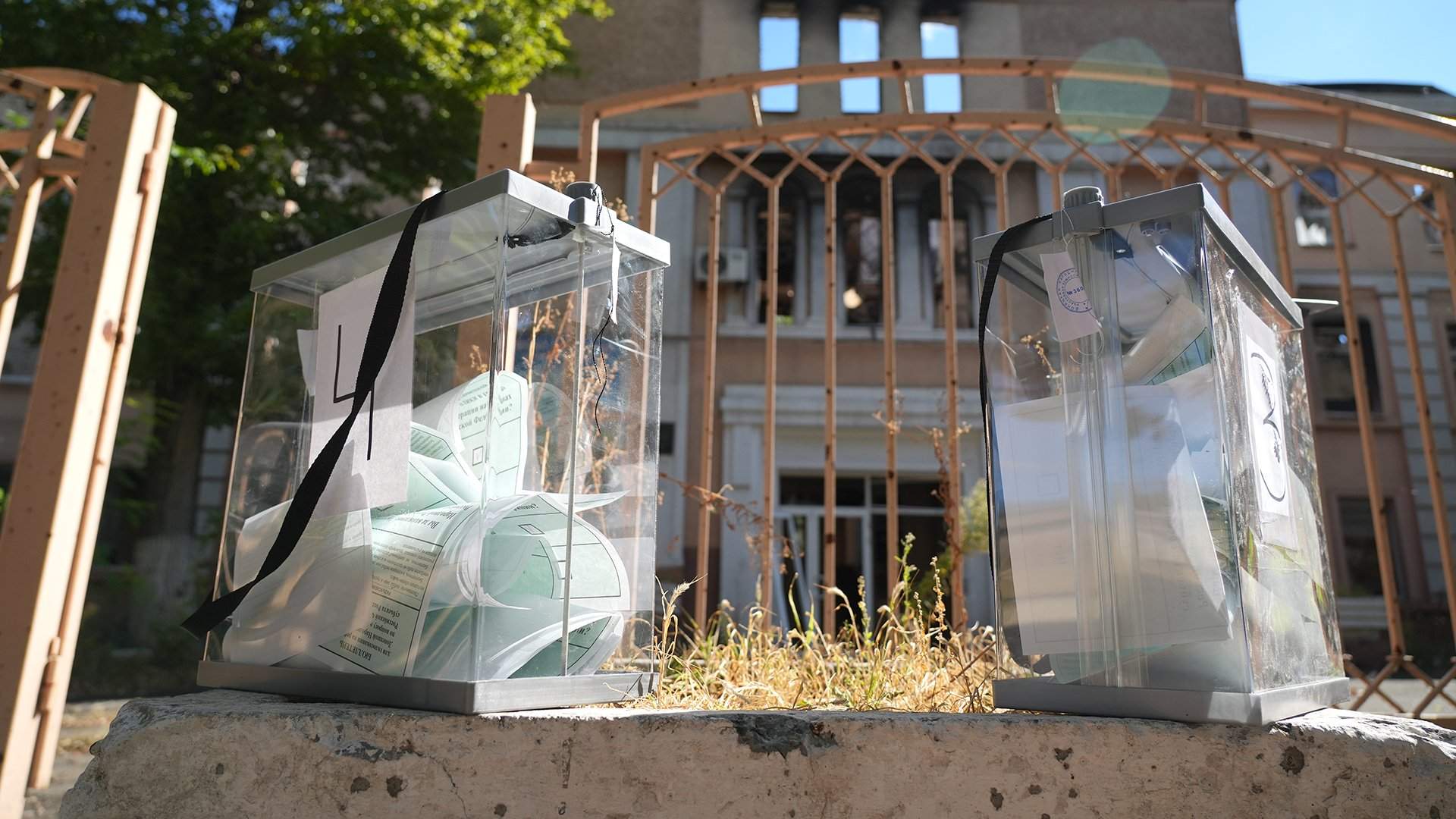
The Donetsk and Lugansk People’s Republics (LPR and DPR) along with Kherson Region and part of Zaporozhye Region in southern Ukraine have voted to join Russia in referendums that were held between September 23 and 27.
In Lugansk, more than 98% of voters have supported the idea to join Russia, official figures show with all the ballots counted. Donetsk has shown similar results with more than 99% of voters supporting the move. Both Zaporozhye and Kherson regions have process all the ballots by late Tuesday, with 93% and 87% of voters respectively backing the split from Ukraine and reunification with Russia.
The process of integrating new regions into Russia may take some time as it requires the approval of the country’s parliament and the president. But Kremlin spokesperson Dmitry Peskov said on Friday that he was “convinced it will be fast enough.”
Under the Russian constitution and the federal law on the accession of new constituent members, the procedure includes several steps. Once the regions willing to become part of the Russian Federation submit their proposals to Moscow, the president should inform parliament and the government on the matter, Senator Konstantin Kosachev explained in a Telegram post last week.
If a political agreement on the accession is reached, “draft international treaties on the admission of foreign states or parts of them” to Russia should be developed, Kosachev, the vice speaker of the upper house of parliament, said. These agreements regulate issues such as the name and status of new territories, citizenship, succession, the functioning of public authorities, the operation of legislation, and so forth.
After these treaties are signed, the Russian Constitutional Court should verify if they comply with the country’s supreme law. If there are no violations, the next step will be the ratification of the documents by the lower house, the State Duma, and their approval by the upper house, the Federation Council.
Simultaneously, a draft federal constitutional law on the admission of new constituent units to Russia should be submitted to the Duma. If approved, it then goes to the upper house for consideration.
“This law enters into force no earlier than the entry into force of the international treaties themselves,” Kosachev noted.
Moscow warned earlier that if the Donbass republics and the two southern Ukrainian regions united with Russia, it would consider any attempts by Kiev to retake them as attacks on its own land. “Immediately the Russian Constitution will come into force in relation to these territories where everything is very clearly stated in this regard,” Peskov told journalists last week.
Shortly after the regions decided to hold referendums, Russian President Vladimir Putin announced a partial mobilization that involved calling to arms some 300,000 reservists, according to the military. Media reports have suggested that Moscow allegedly plans to mobilize up to a million.
Kiev considers the territories willing to join Russia to be under illegal occupation and said it would not recognize the results of the referendums. Ukrainian President Vladimir Zelensky has ruled out any possibility of talks after the voting.
Ukrainian Foreign Minister Dmitry Kuleba stated last Tuesday that “Ukraine has every right to liberate its territories and will keep liberating them, whatever Russia has to say.”
The EU and the US have already called the voting a “sham.” US Secretary of State Antony Blinken told CBS on Sunday that the LPR, DPR, Kherson and Zaporozhye regions “will never be recognized” as part of Russian territory. He added that Kiev had “every right” to take them back.
Russia sent troops into Ukraine on February 24, citing Kiev’s failure to implement the Minsk agreements, designed to give the regions of Donetsk and Lugansk special status within the Ukrainian state. The protocols, brokered by Germany and France, were first signed in 2014. Former Ukrainian president Pyotr Poroshenko has since admitted that Kiev’s main goal was to use the ceasefire to buy time and “create powerful armed forces.”
In February 2022, the Kremlin recognized the Donbass republics as independent states and demanded that Ukraine officially declare itself a neutral country that will never join any Western military bloc. Kiev insists the Russian offensive was completely unprovoked.
https://libya360.wordpress.com/2022/09/ ... hats-next/
The Anglo-American Axis Benefits from the Ecological Terrorist Attack in the Baltic Sea
Posted by INTERNATIONALIST 360° on SEPTEMBER 27, 2022
Andrew Korybko
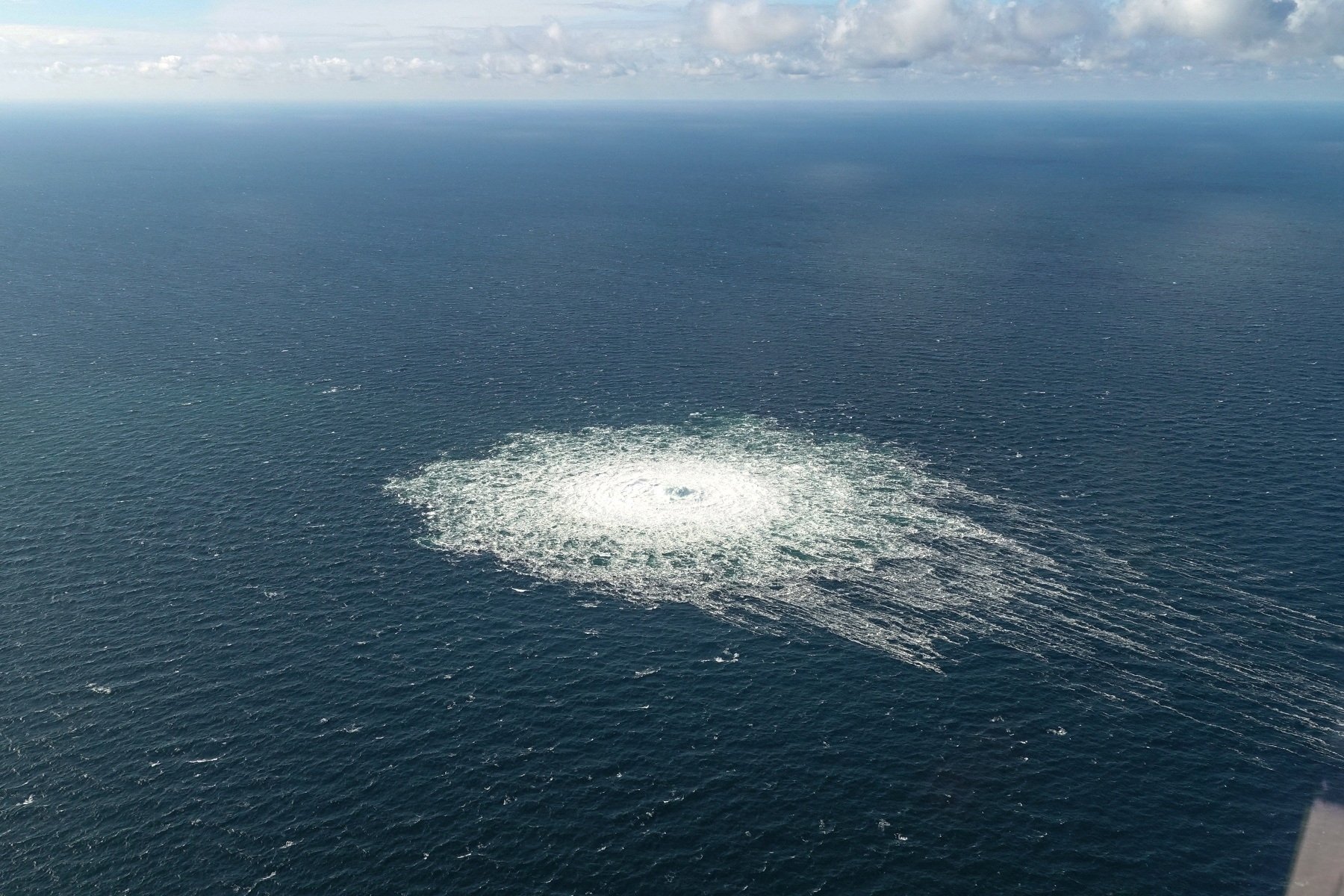
This terrorist attack destroyed any chance of an energy-driven Russian-German rapprochement, immediately catapulted Poland into the position of being one of the continent’s most pivotal energy hubs, and thus took the Anglo-American Axis’ plans for dividing and ruling Europe to the next level.
The unprecedented damage done to the Nord Stream pipelines Monday night was certainly an act of sabotage exactly as Denmark, Germany, Poland, and Russia suspect, though nobody can agree on who carried out this ecological terrorist attack in the Baltic Sea. Kiev, however, predictably blamed Russia for destroying its own pipeline in a remix of its earlier conspiracy theory alleging that Russia regularly bombs the Zaporozhye Nuclear Power Plant that’s also under its control. That ridiculous scenario can therefore reasonably be ruled out, especially since Moscow could just keep the tap turned off for technical reasons without risking getting caught sabotaging its own pipelines in NATO-controlled waters.
Continental European countries like Poland also shouldn’t be suspected either even though that aspiring regional leader’s newly inaugurated Baltic Pipe from Norway makes it a major energy player nowadays. There’s just too much risk of serious ecological blowback to that country’s direct interests to justify carrying out such an act of terrorism just to forever cripple its only potential pipeline competitor, the two Nord Streams. That said, the attack nevertheless does indeed serve Poland’s larger interests for exactly that reason even if it most likely wasn’t behind what happened or had any advance knowledge about it, which is why suspicion should fall on its allies in the Anglo-American Axis (AAA).

Both have an interest in dividing and ruling the EU by facilitating Poland’s rise as a continental Great Power capable of eventually competing with the bloc’s de facto German leader (at least in Central & Eastern Europe [CEE]), which was explained in my mid-September analysis about how “Poland’s Hyping Up The German Threat To Central Europe To Consolidate Its Regional Influence”. In order to knock Germany out of the geopolitical and geo-economic game for good, the AAA must not only successfully trick it into committing economic suicide through its compliance with the anti-Russian sanctions, but also destroy any chance of a strategically meaningful rapprochement with Russia in the future.
Sabotaging the Nord Stream pipelines accomplishes precisely that by completely disincentivizing Germany from potentially clinging to whatever energy-driven plans it might have for eventually repairing relations with Russia. With that scenario confidently discounted after Monday night’s ecological terrorist attack in the Baltic Sea, which also served the purpose of making Poland among the continent’s most pivotal energy hubs, Germany might also figure that it doesn’t have anything more to lose vis a vis Russia by possibly being the first country to send cutting-edge battle tanks to Kiev. This artificially manufactured strategic inertia would thus doom Russian-German relations for decades.
Considering these outcomes, both immediate and emerging, there’s no doubt that the AAA benefits the most from the ecological terrorist attack that was just carried out in the Baltic Sea against the two Nord Stream pipelines. They’re insulated from the consequences of the ecological disaster that they created and are thus able to advance their grand strategic goals without any cost to themselves. This terrorist attack destroyed any chance of an energy-driven Russian-German rapprochement, immediately catapulted Poland into the position of being one of the continent’s most pivotal energy hubs, and thus took their plans for dividing and ruling Europe to the next level.
Editorial Note:
Statement by Joe Biden on February 7/ Nord Stream Pipeline Damaged September 27
https://libya360.wordpress.com/2022/09/ ... altic-sea/
*****************
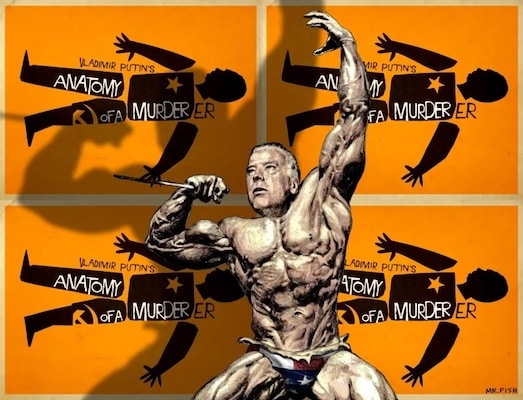
Anatomy of Our Murderers (Mr. Fish / Original to ScheerPost)
In the terrain of Word War III
By Patrick Lawrence (Posted Sep 27, 2022)
Originally published: ScheerPost on September 25, 2022 (more by ScheerPost)
The Armed Forces of Ukraine (AFU) advanced decisively into Russian-held territory in northeastern Ukraine two weeks ago, exposing the weakness, incompetence, and cowardice of Russian soldiers and officers. The tide of this war has turned. The Russian army is on the way to defeat, and President Vladimir Putin could go down with it.
Was it that way? Or was it this way:
The Armed Forces of Ukraine, with the aid of U.S. intelligence, identified a region from which the Russians had more or less withdrawn, leaving its defense to cursorily trained militias from Luhansk, the northernmost of Ukraine’s two breakaway republics. The AFU thus advanced against next to no resistance. The course of the war has not fundamentally changed.
We do not know precisely or certainly what happened, and how, in the Kharkiv region of Ukraine during the first two weeks of September. I incline to the latter version of events, but never mind that. None of this matters as much as it did even a few days ago.
Suddenly, abruptly, we know something vastly more important: Recent Ukrainian advances, under whatever conditions they were achieved, now prove a tripwire, over which the U.S. and Russia, possessing the world’s largest nuclear arsenals, have stumbled into the gravest threat of world war at least since the Cuban missile crisis in 1962 and probably since the victories over Japan and Europe 17 years earlier.
A pair of speeches on Sept. 21—Putin to his nation, President Biden to the U.N. General Assembly hours later—bring us face to face with this grim new reality. They are “must” to read or hear for anyone concerned with the direction geopolitical events now take. As to a negotiated passage through this dangerous impasse, Biden doesn’t seem to be bothering with even the back-channel contacts President Kennedy used to defuse a potentially nuclear confrontation over the presence of Soviet missiles in Cuba.
Let us “think with history” at this critical moment, to borrow a phrase from Carl Schorske, the late and distinguished Europeanist. And let us find causality and responsibility in it. It will then be readily evident that the sobering, sit-up-straight dangers confronting us are the perversely logical outcome of a long succession of deluded and reckless policies Washington has insisted on pursuing and imposing on its European allies over many years—and most actively over the past eight.
David Stockman just published a forceful piece in antiwar.com asserting that the Putin and Biden speeches mark the start of “a disastrous endgame.” He asks, “What in hell were those bloody-minded Washington/NATO neocons thinking?” It is a good question. My answer: They weren’t, and, with exceptions such as the Nixon-Kissinger opening to China, they haven’t for seven and some decades. It is America’s hegemonic hubris and an egotistical will to power that land us in a global crisis that could have been avoided at many turns by resort to the mahogany table. In the war planners, technocrats, rational-choice charlatans, and game theorists who “reasoned” the world into this mess, we find what I call the irrationality of hyper-rationality.
Following the AFU’s recent advances, we had a surfeit of comment to the effect that the fortunes of the Ukrainian forces had changed and that the Putin government could collapse in consequence. “It’s Time to Prepare for a Ukrainian Victory: The liberation of Russian-occupied territory might bring down Vladimir Putin”: This was the headline atop a piece Anne Applebaum published September 11 in The Atlantic. “Instead of showcasing Moscow’s newfound might, the Ukrainian war—now in its seventh month—is laying bare Russia’s weaknesses”: This was Yaroslav Trofimov’s take as published in The Wall Street Journal five days later.
It took less time than I had expected for these irresponsible predictions to dissolve. Ukraine’s successes were indeed a psychological shock and indeed shook the Kremlin leadership—these and other commentators had this much right—but they otherwise got it perfectly upside-down. The criticism Putin has faced lately, and there appears to have been some or much, was leveled most forcefully by hawks unhappy with the Russian high command’s restraint in Ukraine and its reliance on the Luhansk and Donetsk republics to man the front lines. Putin put Russia and the West on notice in his speech Wednesday that both halves of this strategy are now cast aside.
The important elements of that speech are two: Russia will now begin to mobilize and deploy up to 300,000 trained reservists in Ukraine. And referendums are to be held in four regions of Ukraine—the two republics and the Kherson and Zaporizhzhia regions—to determine whether their residents favor Russian sovereignty over Ukrainian.
In the time it took for Putin to speak, these steps transformed a “special military operation” initially intended to demilitarize and de—Nazify Ukraine into something much larger, more consequential, and more fraught—into, this is to say, a war.
We have read incessantly over the past seven months of Russian incompetence, disorganization, demoralization, and so on: The running theme has been the Russians do not have it in them to prevail. This now seems to me mere cover for those unwilling to acknowledge that Russian forces were not operating at anything like maximum force. As the cliché police have taken a day off, I will say this directly: Putin and his high command have just taken the gloves off. I leave it to readers to think through where this conflict is now likely to head on the ground.
The four referendums have greatly larger implications. We already read that they are a “sham”—the approved term. I do not know where Western officials, reporters, and commentators get this, as these polls have not yet been held. To me we are getting a preemptive dismissal because it is almost assured that those in all four regions will decide they wish to be reintegrated into Russia.
These are Russian-speaking people who have been betrayed since a small minority in the west of the country overthrew their elected president in 2014. These are people whose language was immediately outlawed after the U.S.—cultivated coup. Many of these people—those in the two breakaway republics—were denied the federalist autonomy called for in the two Minsk Protocols of 2014 and 2015 because the Kyiv regime refused to take those commitments seriously. This same many then suffered eight years of shelling, at a cost of roughly 11,000 civilian lives, by those valorous, upright, clean-living Ukrainian forces.
Will these ballots be fixed? I do not know anyone who is in a position to say, but it appears evident in view of the above, and the history of these regions, there is little reason for any such chicanery. The vote tallies in the Kherson and Zaporizhzhia regions may not prove so decisive as in the two republics, but those in all four regions are likely to say, Kyiv’s made a mess of Ukraine. Let’s go home.
John V. Whitbeck, an international lawyer who has advised the Palestinians and who is now a writer, cast a useful light on the legal questions the referendums raise in a piece published the day Russian began its intervention: “There is an inherent, indeed irreconcilable conflict between two fundamental principles of international law—the territorial integrity of states and the self-determination of peoples.” It is implicit in the referendums themselves that Moscow rests its case on the self-determination argument.
Post-referendums, assuming the result is as anticipated, the AFU will be waging war against Russians on Russian territory—not, grotesque as it has been to watch, against its own people. This will change more or less everything. These votes will preclude any prospect of negotiations between Moscow and Kyiv. And the U.S. and NATO will thenceforth be arming the Kyiv regime in a war against the Russian Federation.
Now we approach World War III territory. In this, Putin seems to have taken the gloves off on the diplomatic side, too. Even as he announced plans for the imminent referendums, he redefined the Ukraine conflict into a defense of Russia against an existential threat posed by the U.S. and its allies:
The purpose of this West is to weaken, divide, and ultimately destroy our country. They are already directly saying that in 1991 they were able to split the Soviet Union and now the time has come for Russia itself, that it should disintegrate into many mortally hostile regions…
It is against this background that Putin made his most-noted remark:
nd if the territorial integrity of our country is threatened, we will certainly use all the means at our disposal to protect Russia and our people. It’s not a bluff.
This has been widely reported to be another one of Moscow’s threats to deploy a nuclear weapon. I do not think this interpretation is any more certain than it was on earlier occasions. I tend to put Putin’s statement in the same file with Foreign Minister Sergei Lavrov’s earlier in the Ukraine conflict: They are at bottom warning against further threats from the U.S. and the West.
We come to the stiff speech Biden delivered at the U.N. shortly after Putin spoke. It was as if the two were conversing, which seems to me a useful way to consider these two addresses. What did Biden say and what did he not say? These are equally important.
On the “said” side, Biden identified Russia as the primary threat to world order and pledged America’s continuing engagement in the Ukraine conflict:
Russia has shamelessly violated the core tenets of the United Nations Charter—no [sic] more important than the clear prohibition against countries taking the territory of their neighbor by force.
… If nations can pursue their imperial ambitions without consequences, then we put at risk everything this very institution stands for. Everything.
… We chose liberty. We chose sovereignty… We stood with Ukraine.
… So, we—each of us in this body who is determined to uphold the principles and beliefs we pledge to defend as members of the United Nations–must be clear, firm, and unwavering in our resolve.
… We do not seek conflict. We do not seek a Cold War. We do not ask any nation to choose between the United States or any other partner.
It is difficult to take seriously any American political figure who complains about another nation pursuing “imperial ambitions without consequence,” but we must: This is the voice of the world’s most powerful nation.
To begin with, the world is advised that the U.S. has no intention of stepping back from its current course, or even altering it in response to changed circumstances. Implicit here is a recommitment to the delusions of a Ukrainian victory that led to this crisis. The weapons shipments will continue. The wasteful deaths and destruction will continue. The silence between Moscow and Washington will continue.
“We do not seek conflict. We do not seek a Cold War.” Biden has said this many times, and we must conclude at this point the man doth protest too much. The many years of provocations since the 2014 coup, the NATO deployments eastward toward the Russian frontier, the covert disruption of negotiations between Moscow and Kyiv in Istanbul last March—take out the two “nots” in these sentences and you arrive at the truth of things. If Biden is to be taken seriously on this point, why isn’t he on the telephone with Putin as we speak? As things stand, it starts to look as though Washington wants a Cold War well on the way to a hot one.
Not to be missed, there is “We chose sovereignty. We stood with Ukraine.” Here Biden is taking a position on the question John Whitbeck raises. Biden places a higher value on the nation-state and its power than he does on self-determination for the millions of Donbas residents the Kyiv regime has violently alienated for the past eight years with the West’s blessing. Jefferson must be spinning.
The sheer pabulum of which Biden’s speech is mostly made is indicative of what he would not say. This cannot have been lost on the assembled heads of state, the majority of whom do not stand with the U.S. on Ukraine—and the majority of whom know all about Washington’s intolerance should they choose to associate with “partners” the U.S. does not like.
The U.S. takes no cognizance of Moscow’s longtime and continuing security concerns, Biden said by leaving these unmentioned. They are still the “nonstarters” they were called when Moscow put them on paper last December. The U.S. does not care if Russians and the Russian leadership feel under threat. It has no intention of opening diplomatic channels with a view to negotiating a settlement not only of the Ukraine conflict but also of the wider question of a stable European order.
Once again, the world’s most powerful nation, ever boastful of its virtues, has nothing to say to others.
Roger Cohen, in a piece in The New York Times published after the two speeches Wednesday, asserted that Vladimir Putin is now in a state of desperation. “Mr. Putin cornered is Mr. Putin at his most dangerous,” he wrote.
This is more of the incautious bunkum we had after the AFU’s advances. I do not think Putin is cornered. I think he is fed up, altogether rightfully. And I think he is frightened now, as we all must be. As I have argued for many months, he faces an imperium that has decided Ukraine is its make-or-break moment—its O.K. Corral, its big roll of the dice in defense of its declining power.
It is a strange thing to think about. In 1847, the French historian and critic Charles Augustin Sainte—Beuve wrote these words in a notebook:
There are now but two great nations—the first is Russia, still barbarian but large, and worthy of respect…. The other nation is America, an intoxicated, immature democracy that knows no obstacles. The future of the world lies between these two great nations. One day they will collide, and then we will see struggles the like of which no one has dreamed of.
The question of the West and why it had recently coalesced as a political construct in response to the rise of czarist Russia was much in the air by Sainte—Beuve’s time. Jules Michelet, the honored historian, and de Tocqueville had sounded similar themes by then. I have never figured out why the French were onto these thoughts so early. For now we must remark on their exceptional prescience.
I wonder, as of last week, whether Sainte—Beuve’s “one day” has arrived and we are on the brink of those undreamt struggles in consequence of the irresponsible dreams of the irresponsible people who have brought us to this day.
https://mronline.org/2022/09/27/in-the- ... d-war-iii/
**************
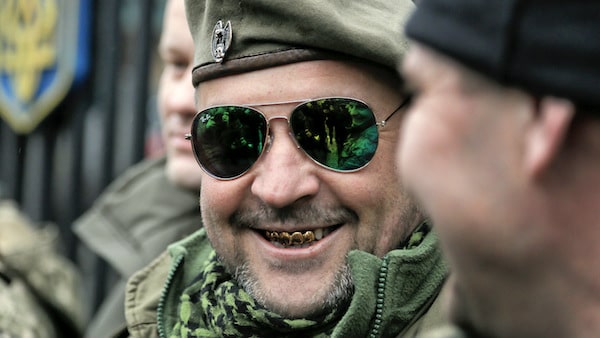
U.S. Army To Train Ukrainian Troops In Fight Against Pro-Russian Separatists. (Photo: Blacklistednews.com)
The New York Times on Ukraine: Vietnam déjà vu
By Ray McGovern (Posted Sep 28, 2022)
Originally published: Antiwar.com on September 26, 2022 (more by Antiwar.com)
The New York Times is going full-bore for war in Ukraine. It is difficult to explain the yellow journalism, but the so-called “paper of record” did the same thing on Vietnam (see below). In other words, the Gray Lady is whoring again.
It may be, as some allege, that the NYT has never met a war it did not want to get the U.S. involved in—or, once in, to escalate. However true that may be, I still cannot figure out why—why again.
With four Ukrainian oblasts about to join Russia and a mercurial President of Ukraine, Volodymyr Zelensky, making outlandish threats to take them—and Crimea—back, perhaps the Times believes it must move decisively to make it as difficult as possible for President Biden to behave more sensibly.
The Guardian reported yesterday that “Zelensky has vowed to liberate the entire country as Russia pressed on with its supposed referendum in occupied areas of Ukraine …” Zelensky said Ukraine’s armed forces would throw the Russian forces out and retaliate against “every strike of the aggressor.” He pledged that Ukraine’s armed forces would regain control of the southern Kherson region and the eastern Donbas, which includes Luhansk province and Crimea.
Shades of Zelensky’s Feb. 24, 2021 Presidential Decree No. 117 “Approving the Strategy for de-occupation and reintegration of the temporarily occupied territory of the Autonomous Republic of Crimea and the city of Sevastopol”—which gave the major push to growing tension in and around Ukraine.
Zelensky did not explain how Ukraine was going to accomplish this, short of a U.S./NATO war with Russia. That’s the rub.
Must Biden Appear Tough Before Midterms?
The Times seems out to use the prelude to the midterms to advantage. If past is prologue, the Times wants to pre-empt Biden from doing the only sensible thing: tell Zelensky to stop the extreme rhetoric and talk to the Russians.
The Times may fear the off-chance that an adult will come into the room and persuade President Biden that:
*He does not have to keep being diddled by Zelensky and his neocon supporters;
*Ukraine is not winning the war, despite recent successes on the battlefield;
*The U.S. cannot seriously “weaken” Russia without risking wider war;
*On the sanctions front, German politicians may not be able to resist turning on the spigot to North Stream 2, lest the European economy and the European people freeze this winter.
Shameful
Never having been held accountable for reporting as flat fact that there were weapons of mass destruction in Iraq and cheerleading for the U.S./UK war of aggression starting in March 2003, the New York Times seems to feel it has carte blanche to demonize Russian President Vladimir Putin, in exactly the same way it did Saddam Hussein—and Ho Chi Minh, for god’s sake, four decades earlier.
Over the weekend the Times’s reporting has been slanted to lead readers to conclude that Putin is some kind of monster with whom no one could possibly negotiate. NYT reporters and also opinion writers rely now on Ukrainian officials; then on U.S. intelligence officials. The collective performance is truly a travesty.
On Saturday, for example, opinion writer David Brooks tells us Putin is “a deeply wounded tiger.” And ( get this!): Brooks goes on to say, “This week I learned a bit about how American officials are thinking about this situation… I’m told that somewhere between 80,000 and 110,000 Russian troops have been killed or wounded in the past seven months… morale is awful… the Russians are on the defensive, or falling back.” [Reminds me of how many Viet Cong we were killing and wounding, according to earlier “American officials.]
Maureen Dowd would not be outdone on Sunday. Her NYT website piece features a photo of Putin grinding his teeth, under the title “Solo Soulless Saboteurs” (the other “saboteur” is Donald Trump). Putin is a “megalomaniacal supervillain” a “thug,” “unhinged,” and then Dowd’s closer “No one can deal with someone so inhumane.” Got that?
Dowd is careful to call Russia’s attack on Ukraine “unprovoked”—reflecting naïveté or simple dishonesty (See: “Brainwashed for War With Russia”) She does refer to Vietnam, where she acknowledges:
America has its own history of lying itself into wars in Vietnam and Iraq [she doesn’t mention how the NY Times greased the skids for both], and then prolonging the killing of young soldiers as a sop to male politicians’ egos.
Vietnam
The Times hailed the Tonkin Gulf resolution in 1964 as proof of “our united determination to support the cause of freedom in Southeast Asia… against the mad adventure by the North Vietnamese Communists… United States determination to assure the independence of South Vietnam, if ever doubted before, cannot be doubted now by the Communists to the north or their allies.”
U.S. “retaliation” came swiftly, even though the North Vietnamese “raid” in the Gulf on August 4 never happened and even though—as President Lyndon Johnson’s national security adviser McGeorge Bundy later told NPR—he had cautioned Johnson about the dubious evidence for it.
The Times’s David Halberstam warned:
Withdrawal means that the United States’ prestige will be lowered throughout the world and it means that the pressure of Communism on the rest of Southeast Asia will intensify.
This was a consistent theme in media coverage of Vietnam and was the subject of a major study in 1970 by Professor Susan Welch at the University of Illinois. It was a theme that helped set in concrete in the American mind the “issues” in Indochina. It helped ensure, Welch concluded, “that the reading public would view the war as a struggle between Communism and the Free World.”
Welch added that our major newspapers propagated a view that “the only way out of the crisis… was a military victory over the forces of Ho Chi Minh.” In other words, no negotiations.
Actually, the American public had been coming to the conclusion that the war was a mistake, but having been indoctrinated for so many years about our “vital interests” in Vietnam, opposition did not really gather steam until it was too late.
And today, for the Establishment media, it is déjà vu all over again, to quote Yogi Berra—again.
https://mronline.org/2022/09/28/the-new ... n-ukraine/
